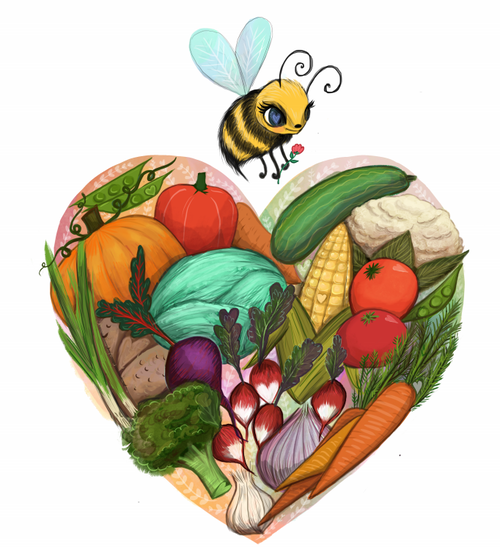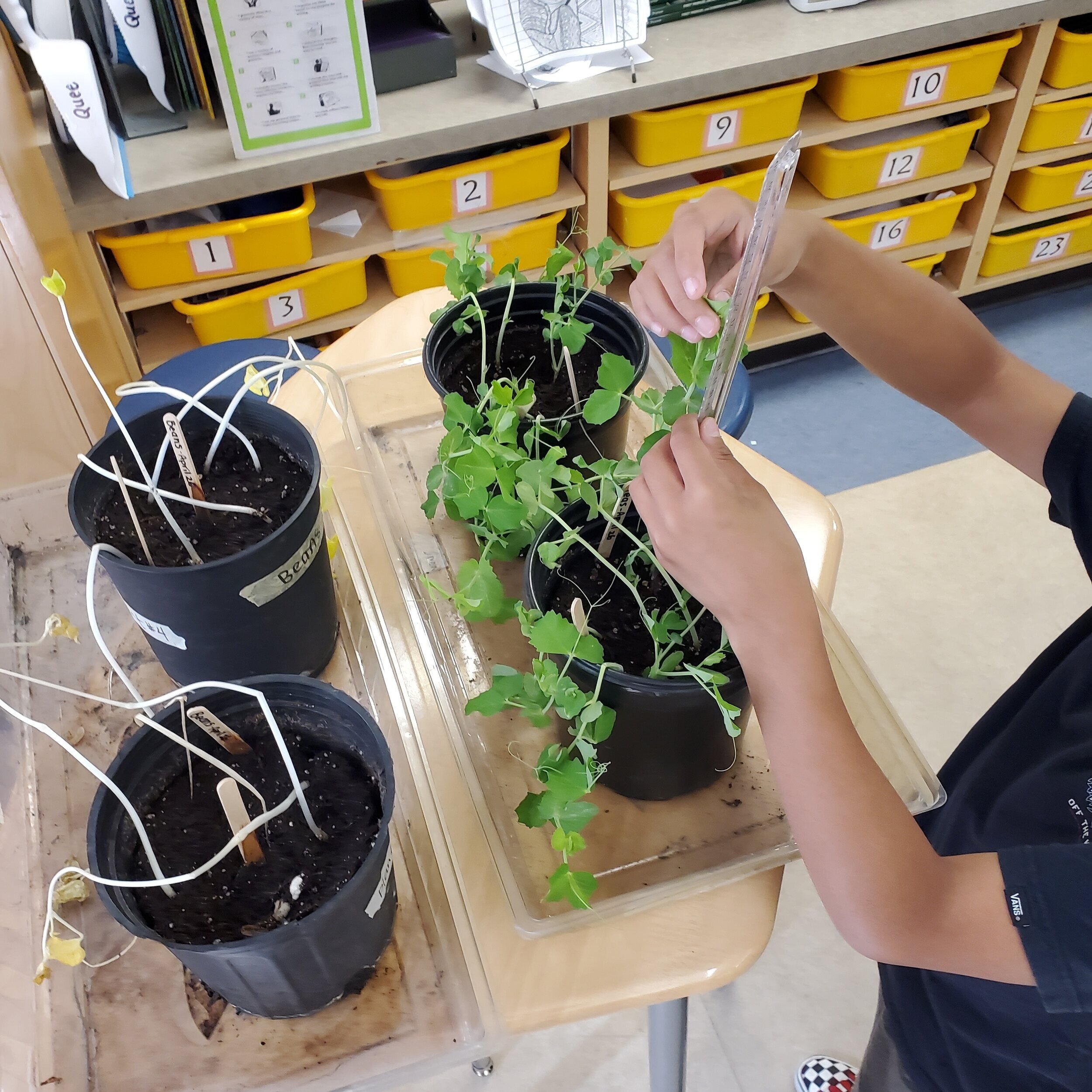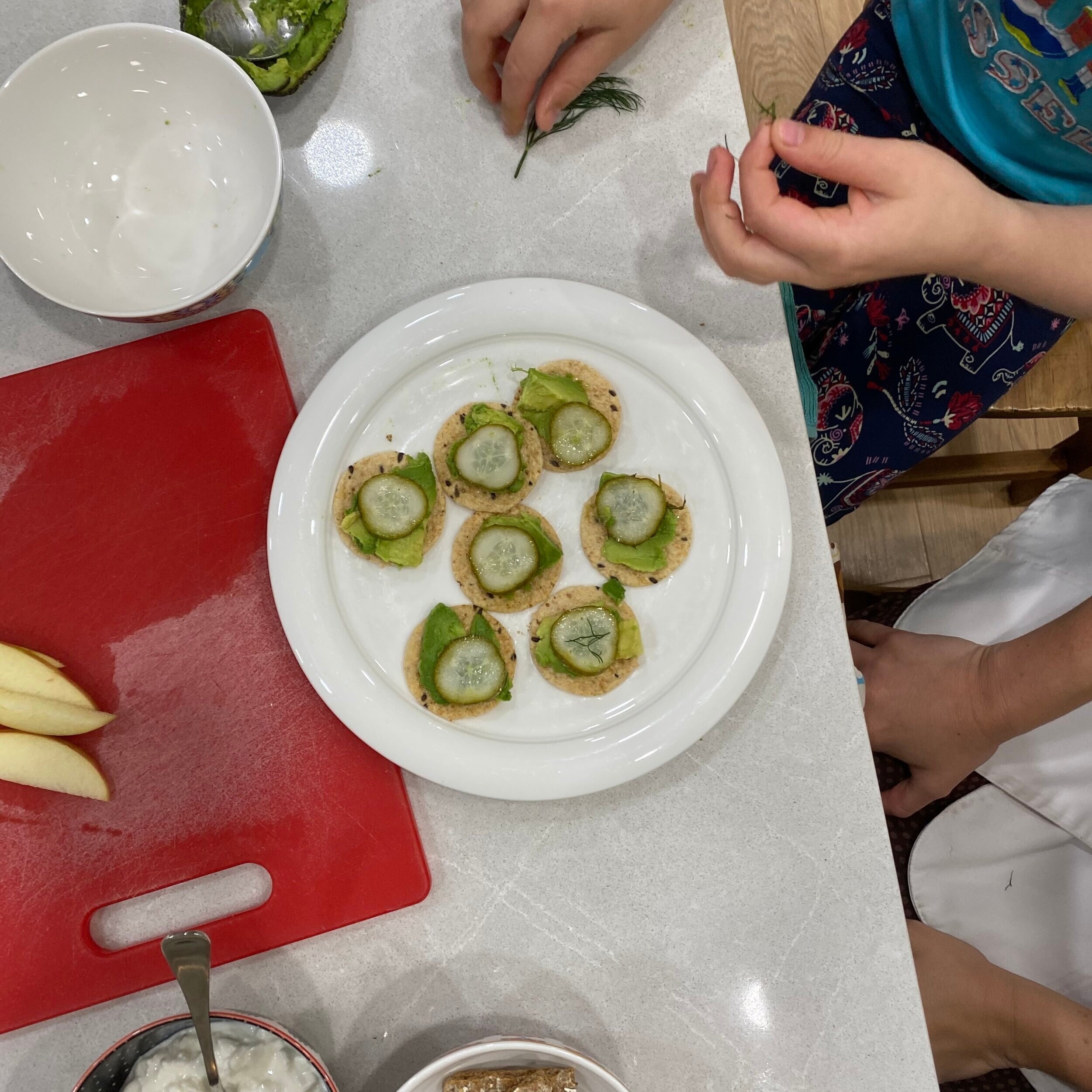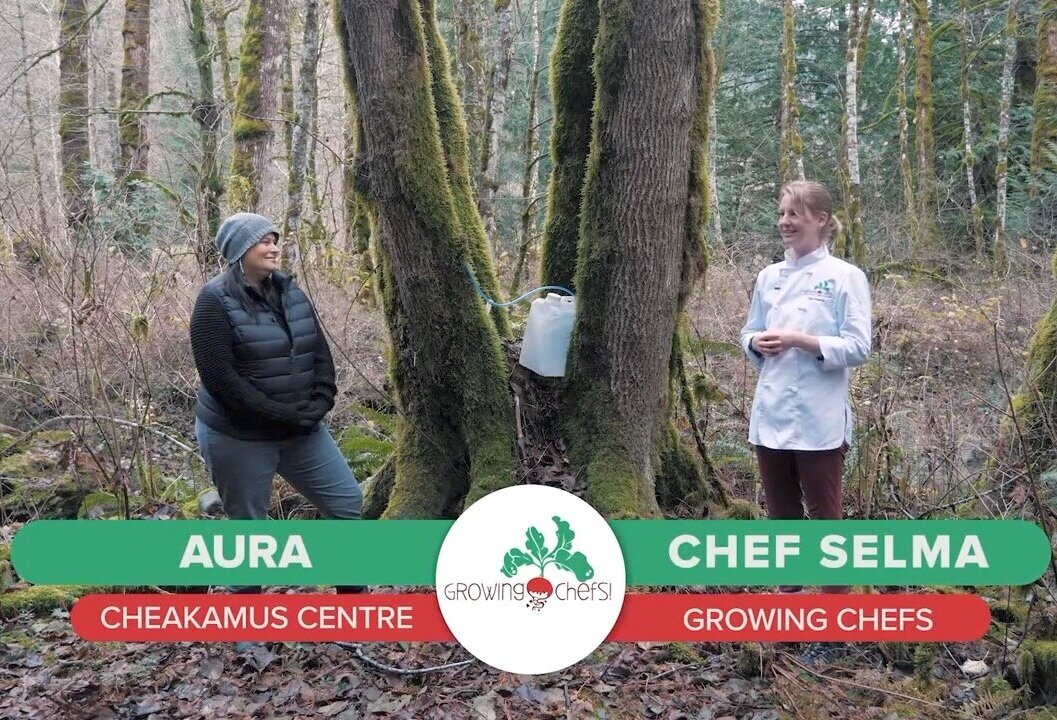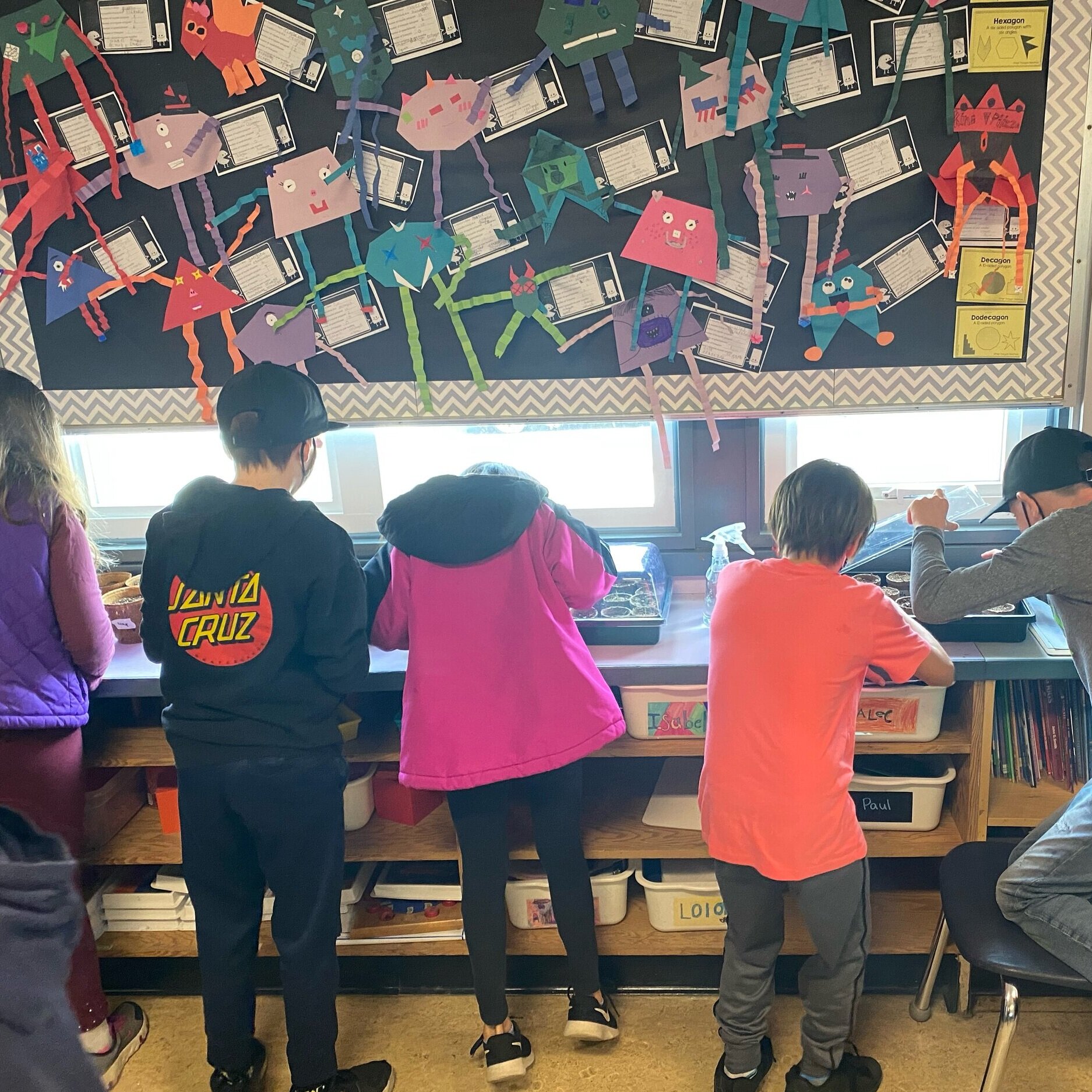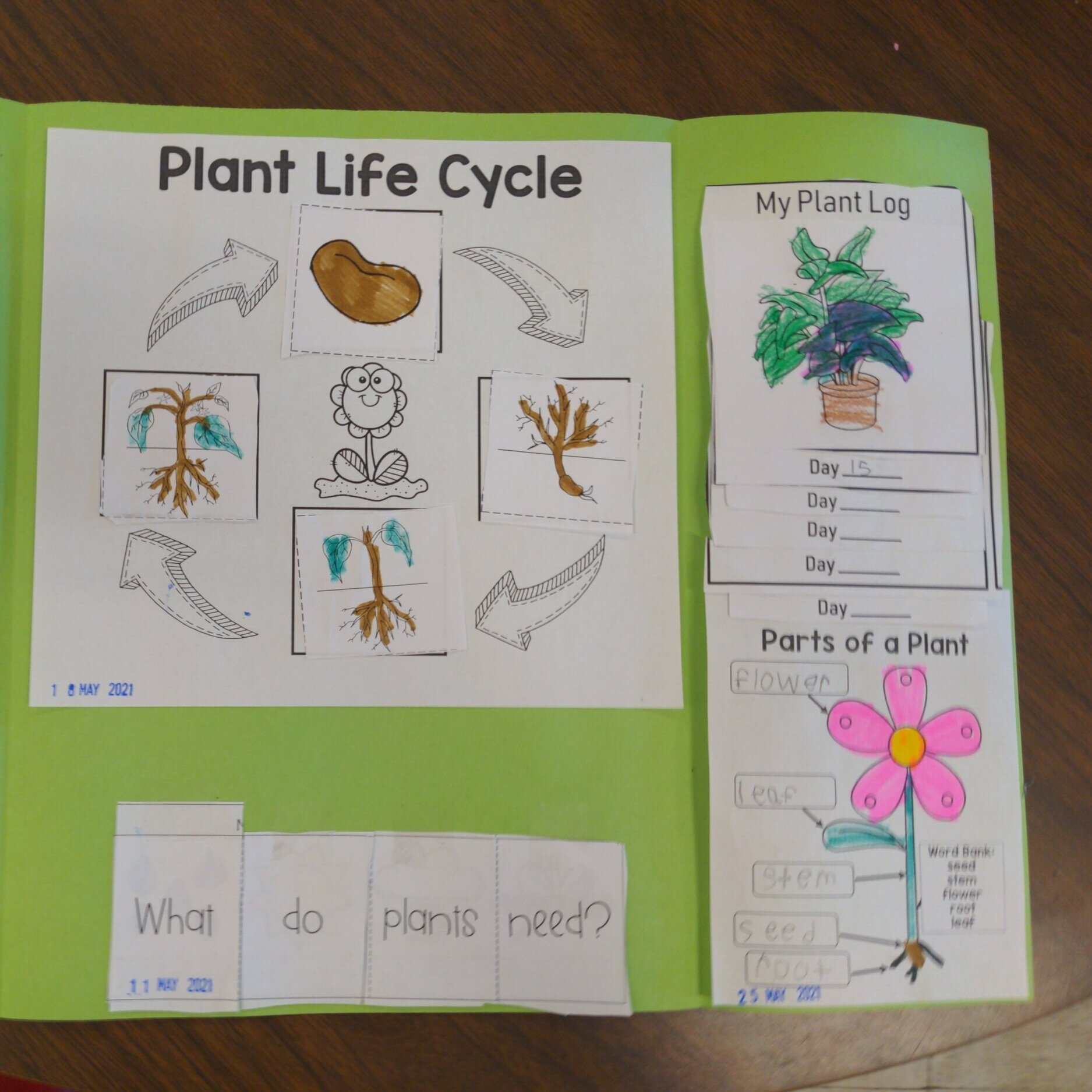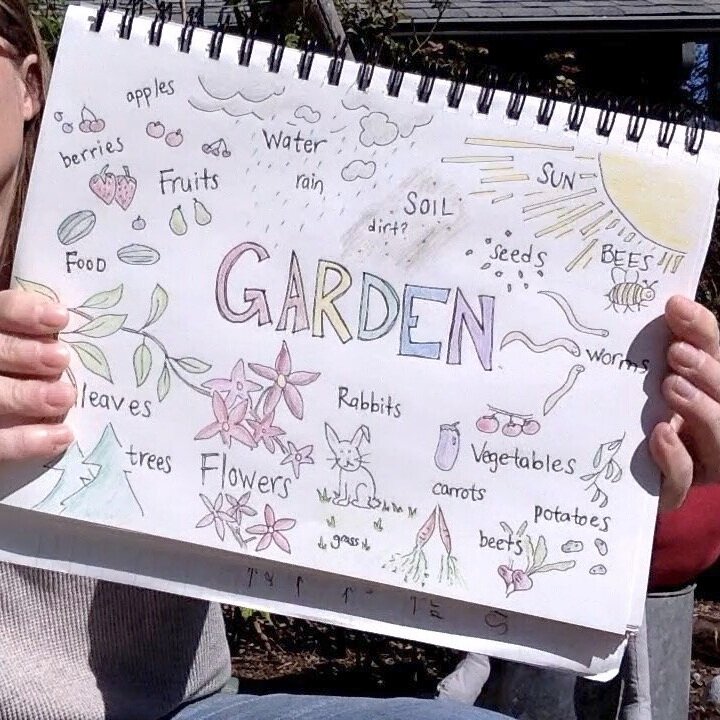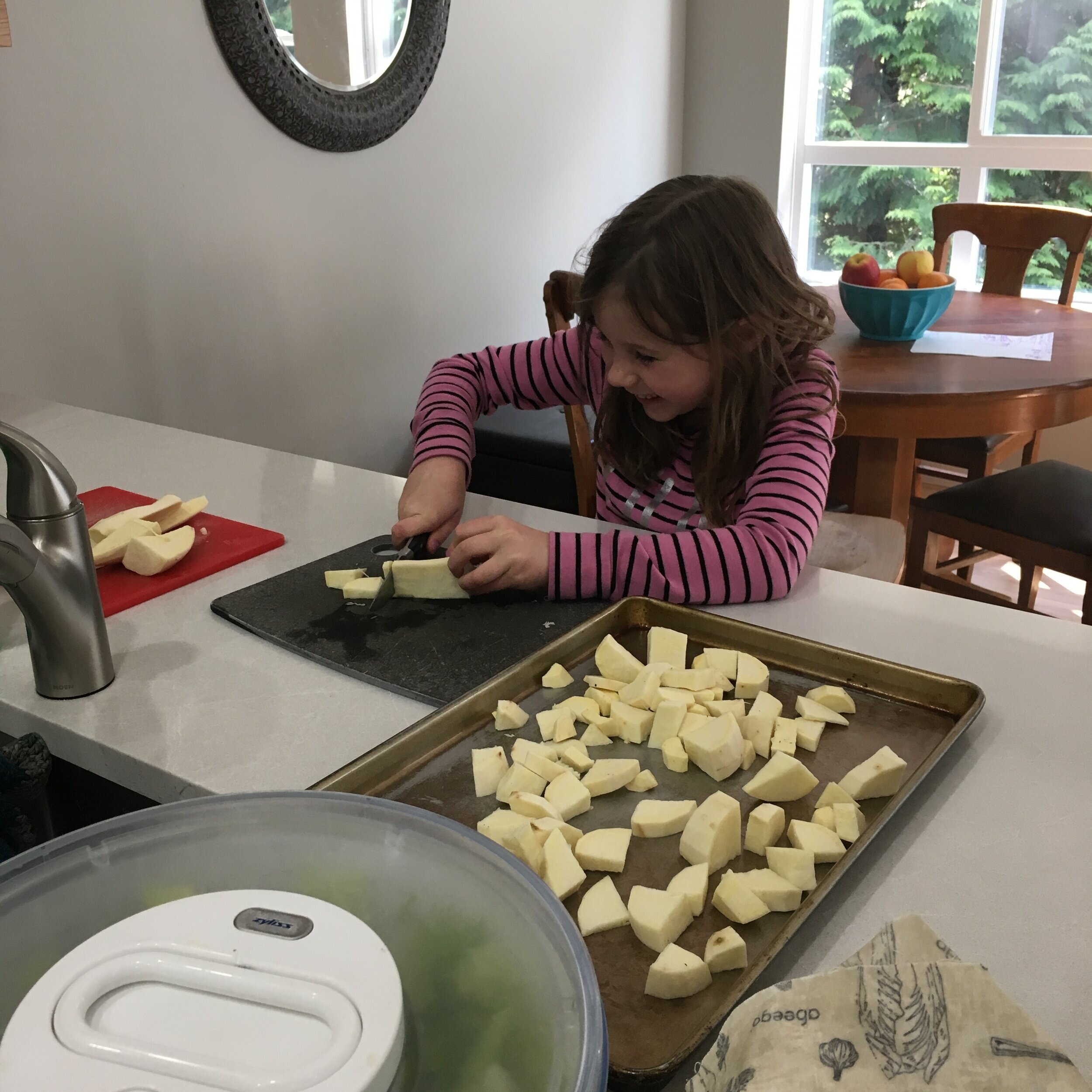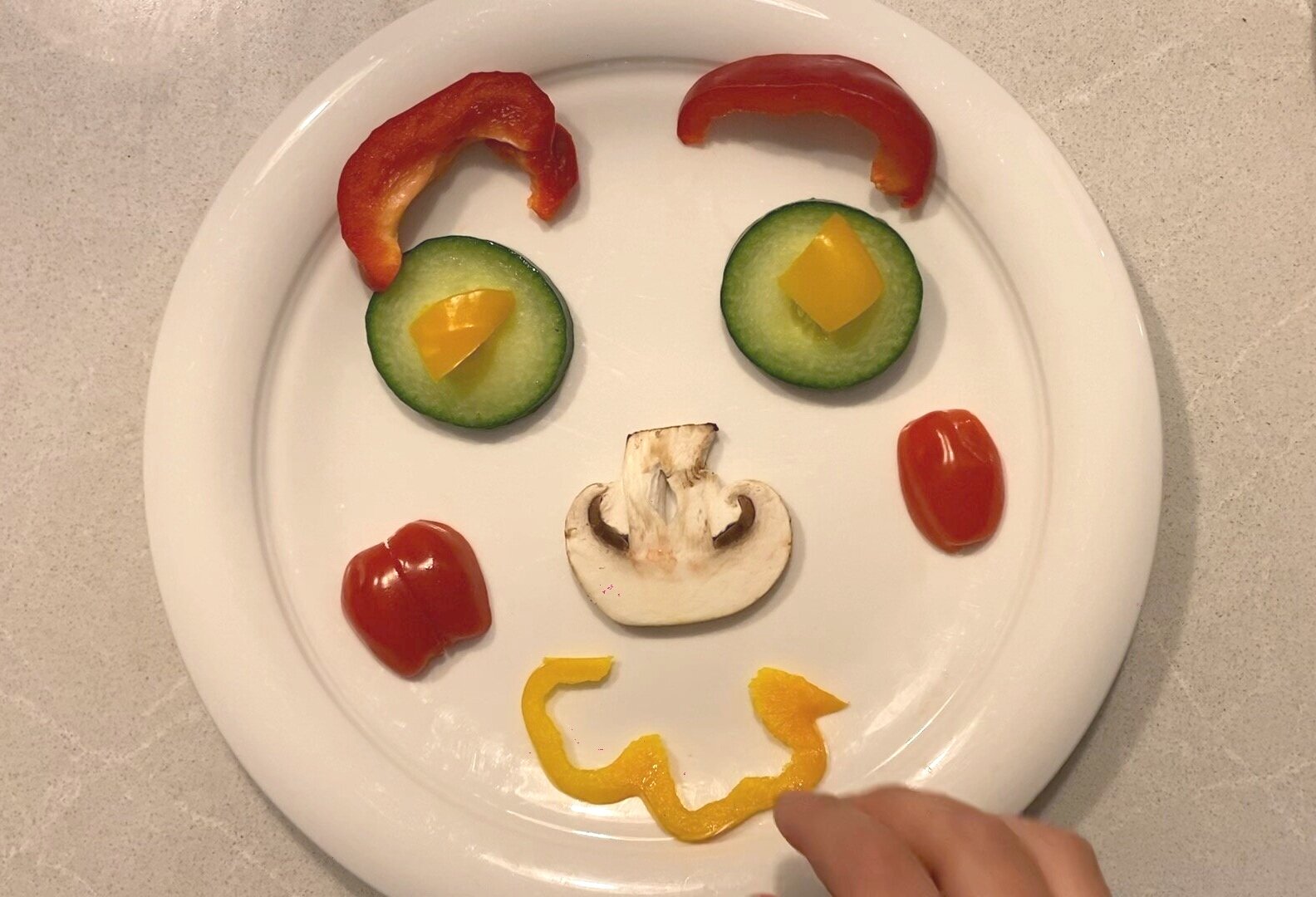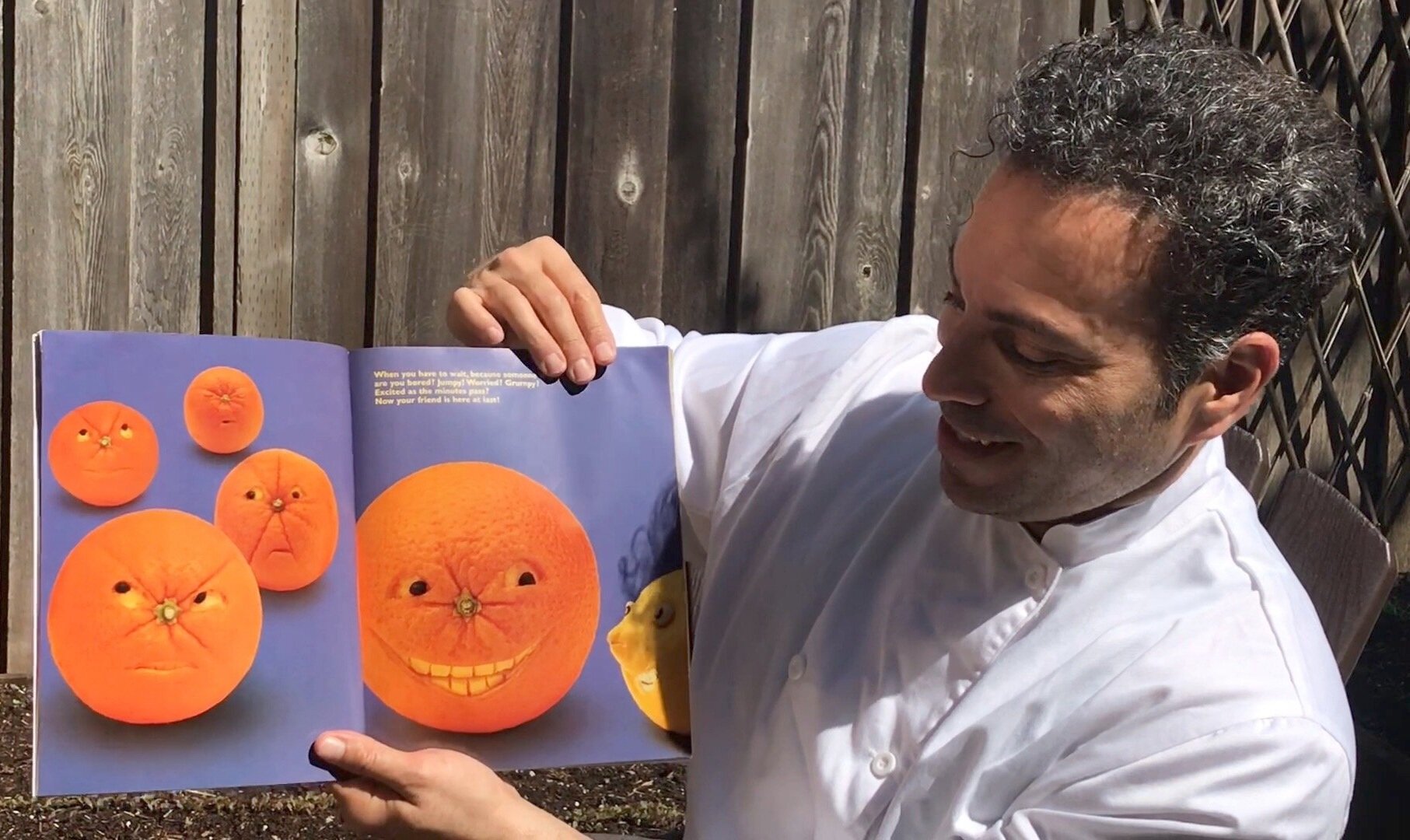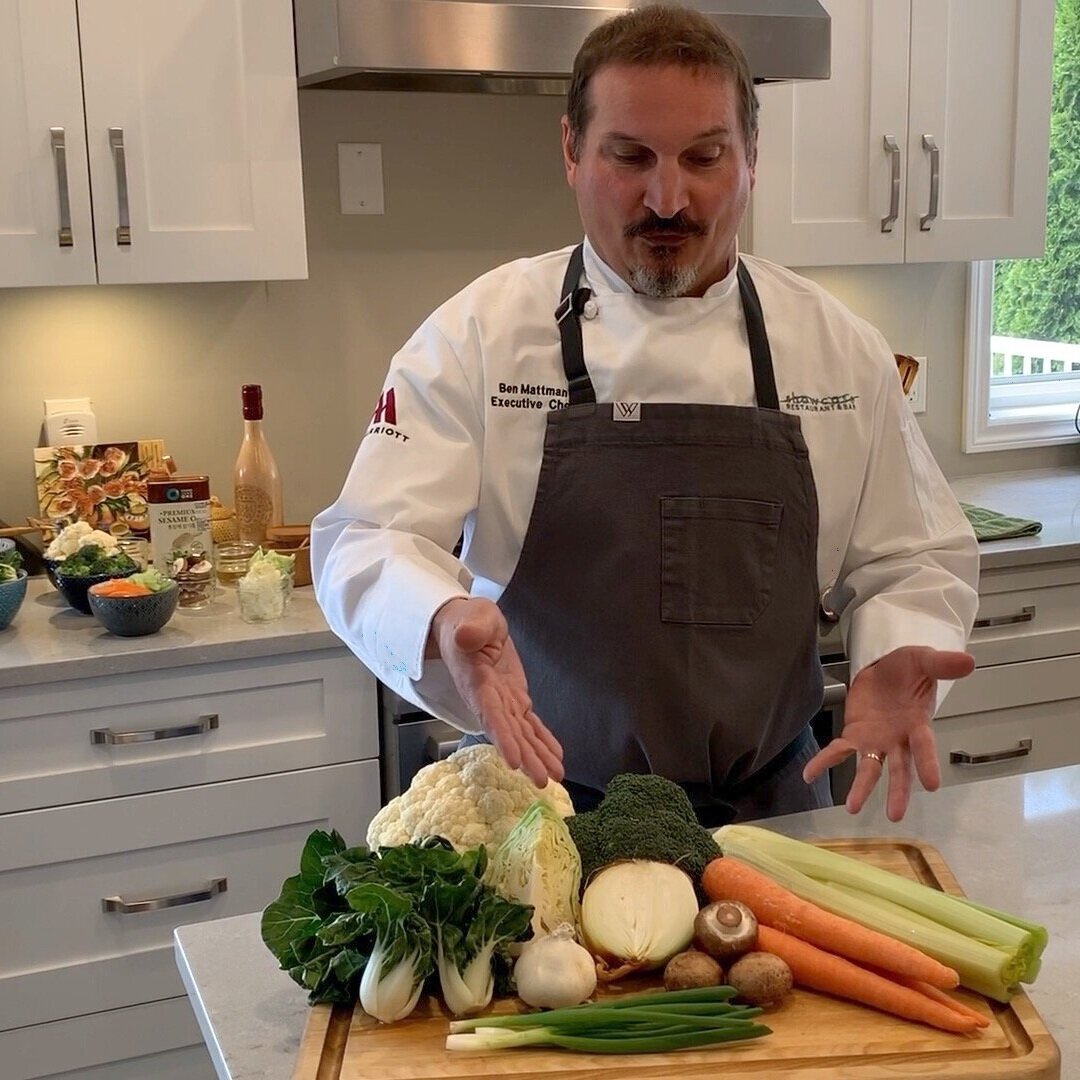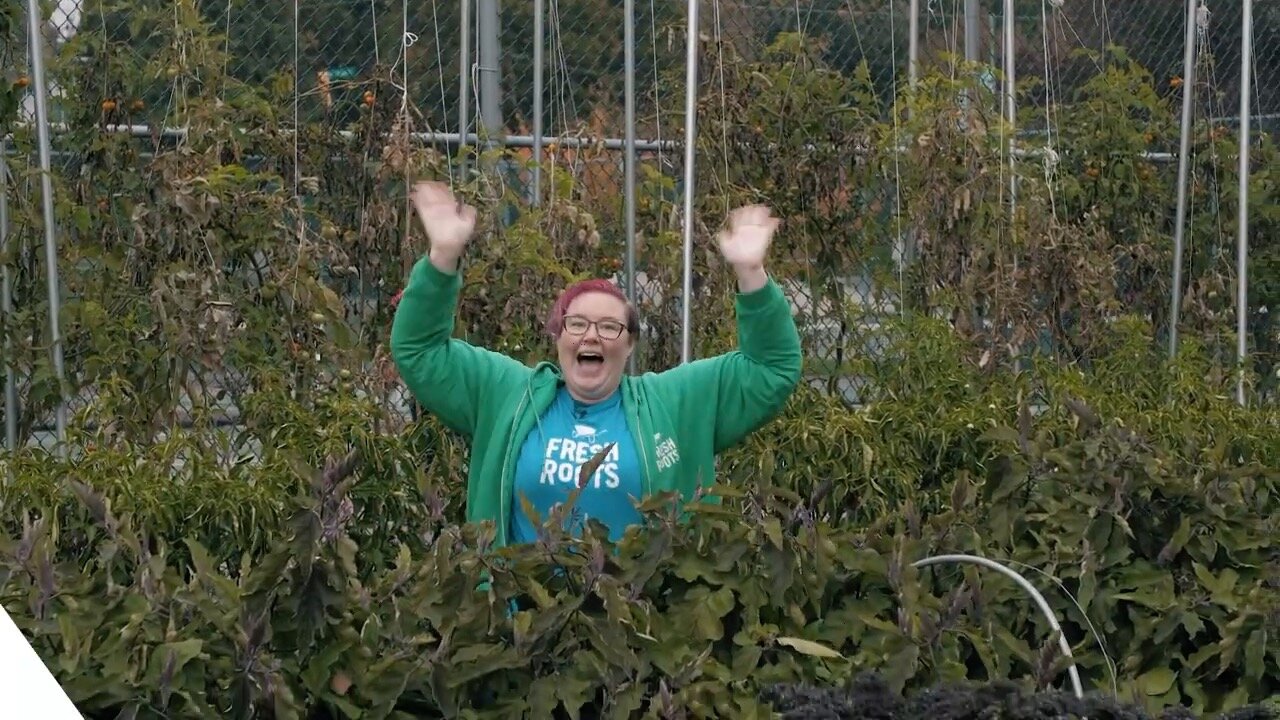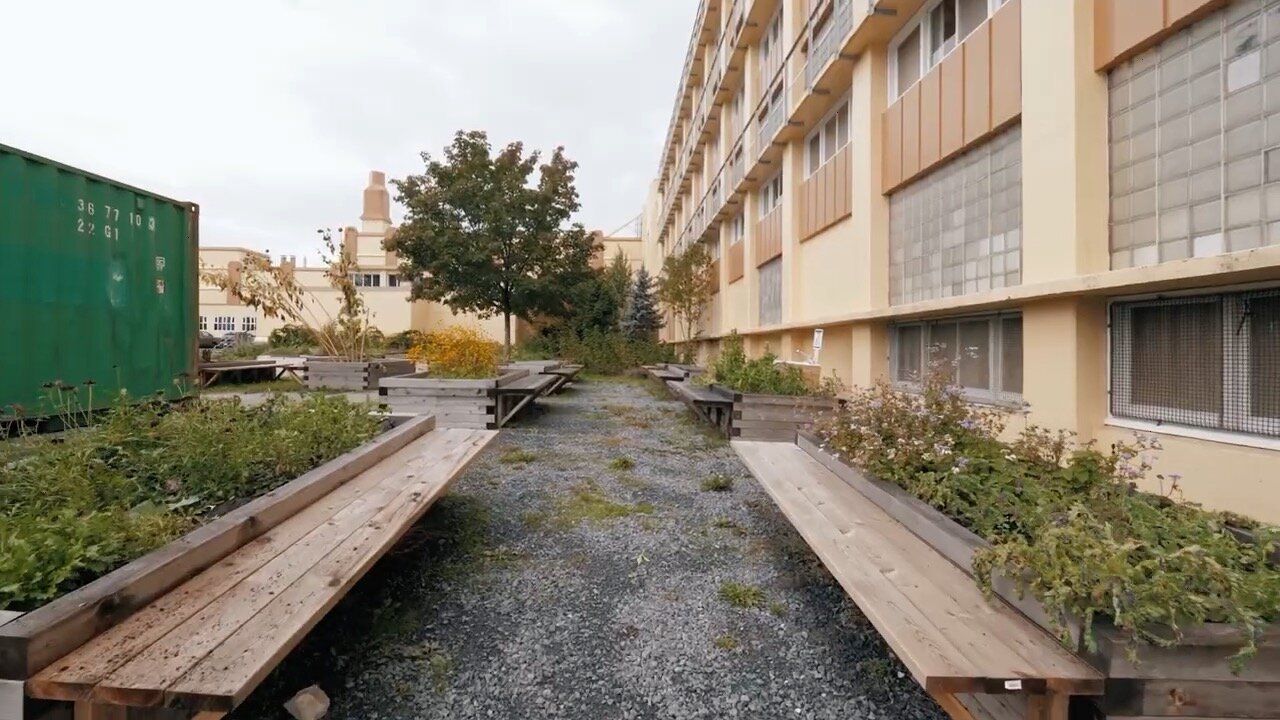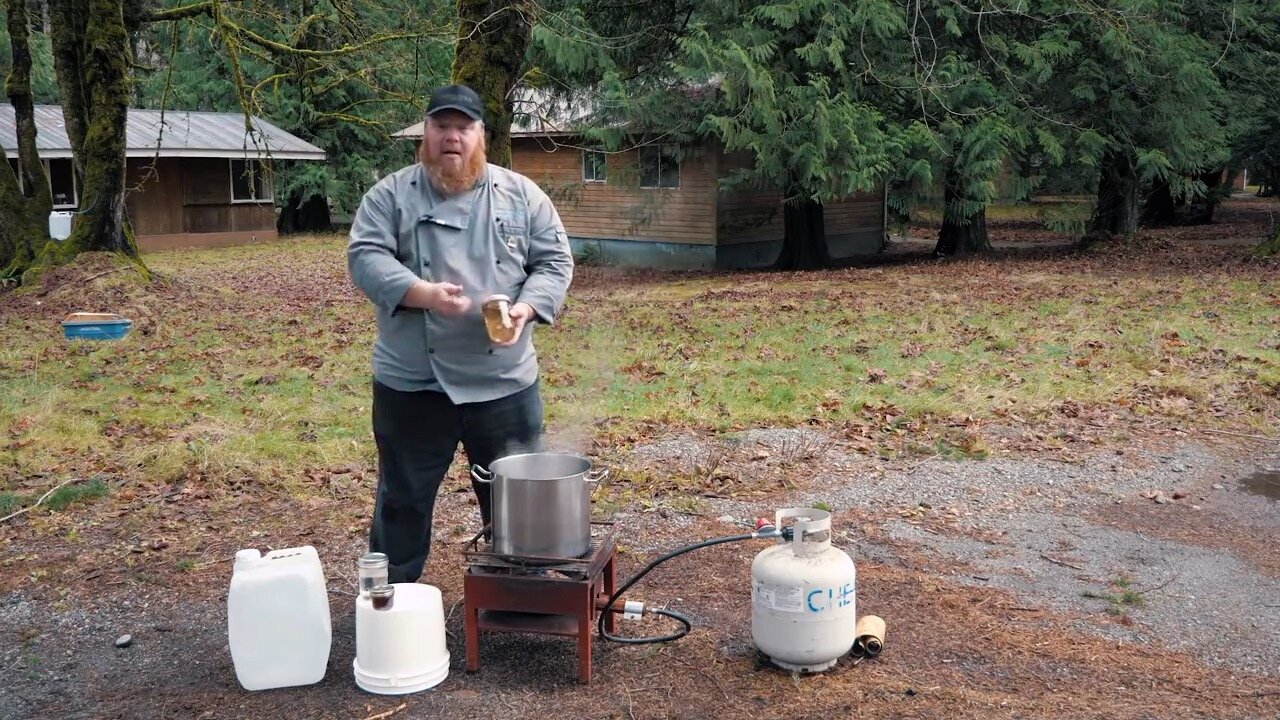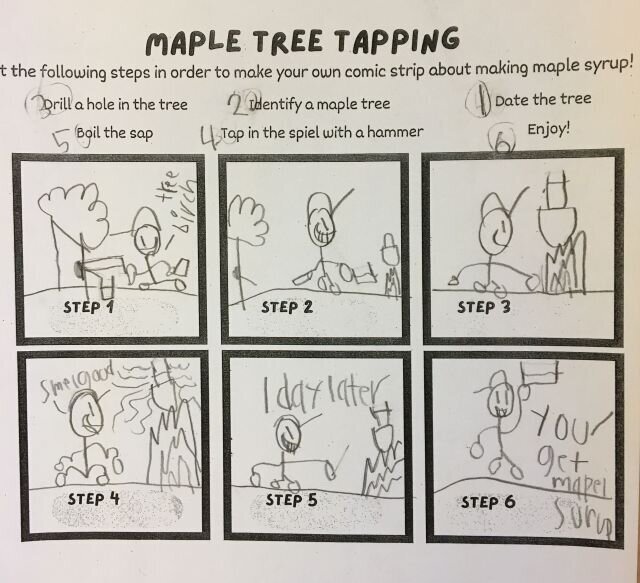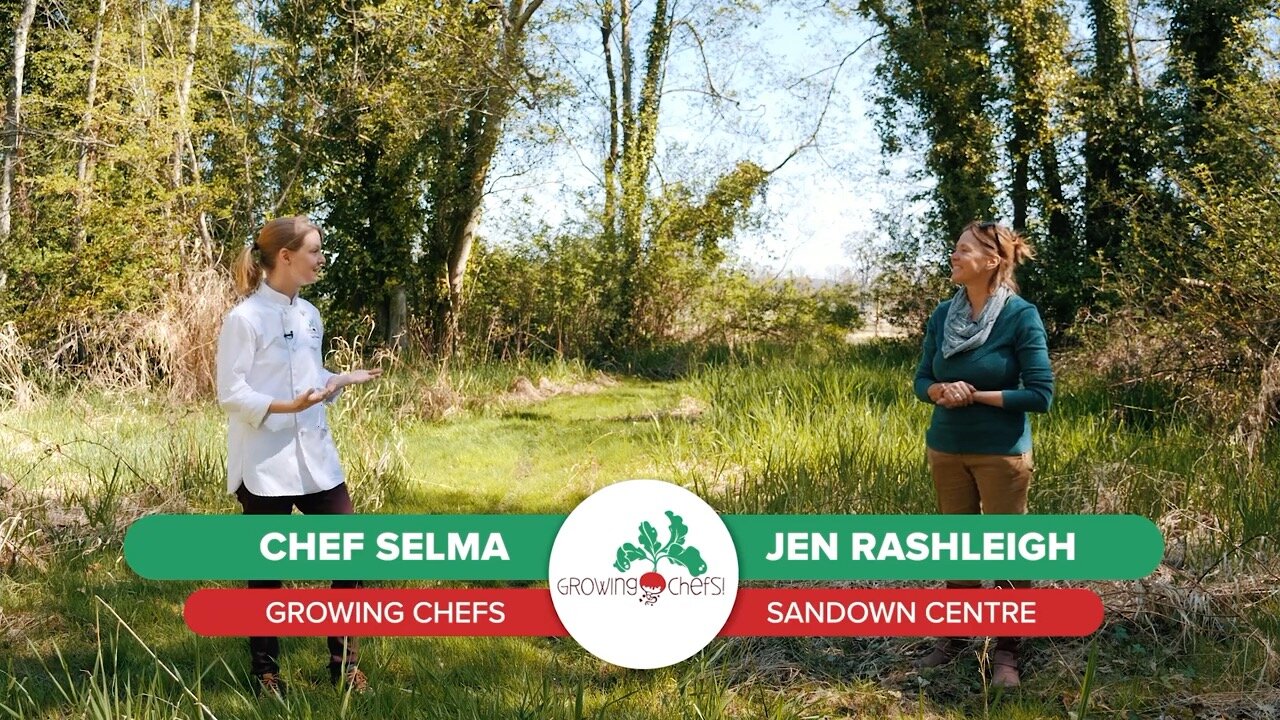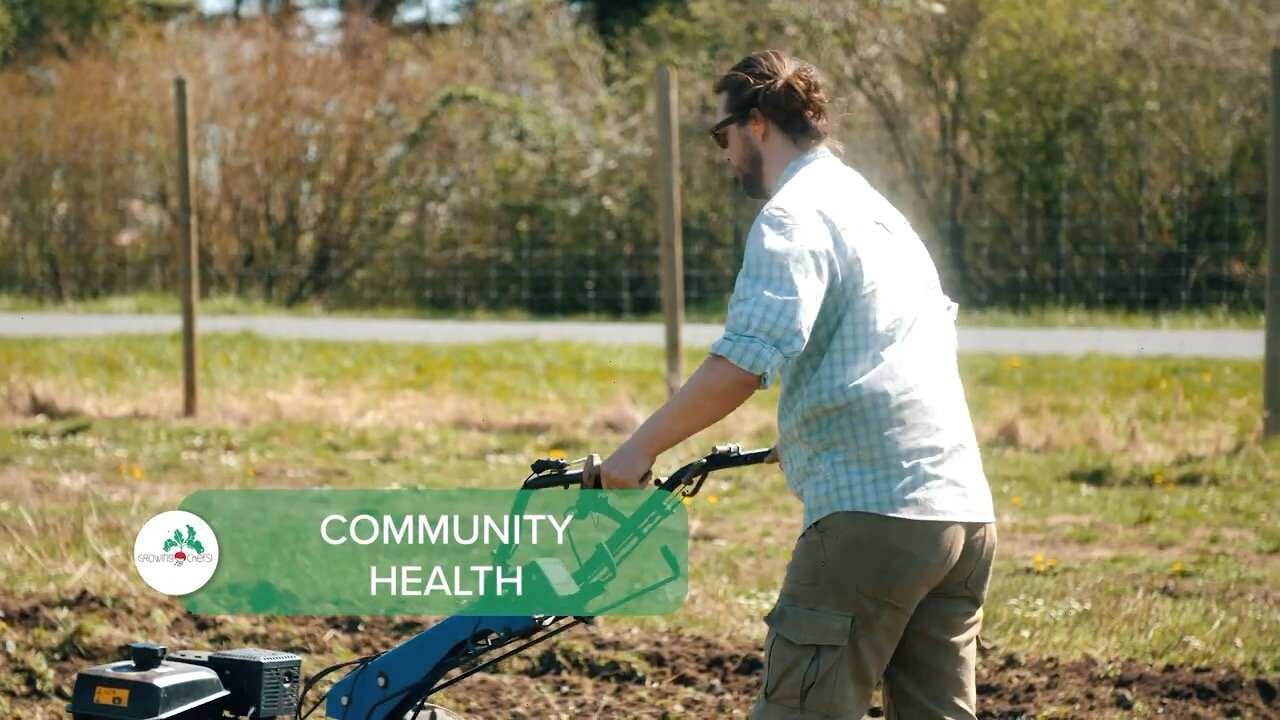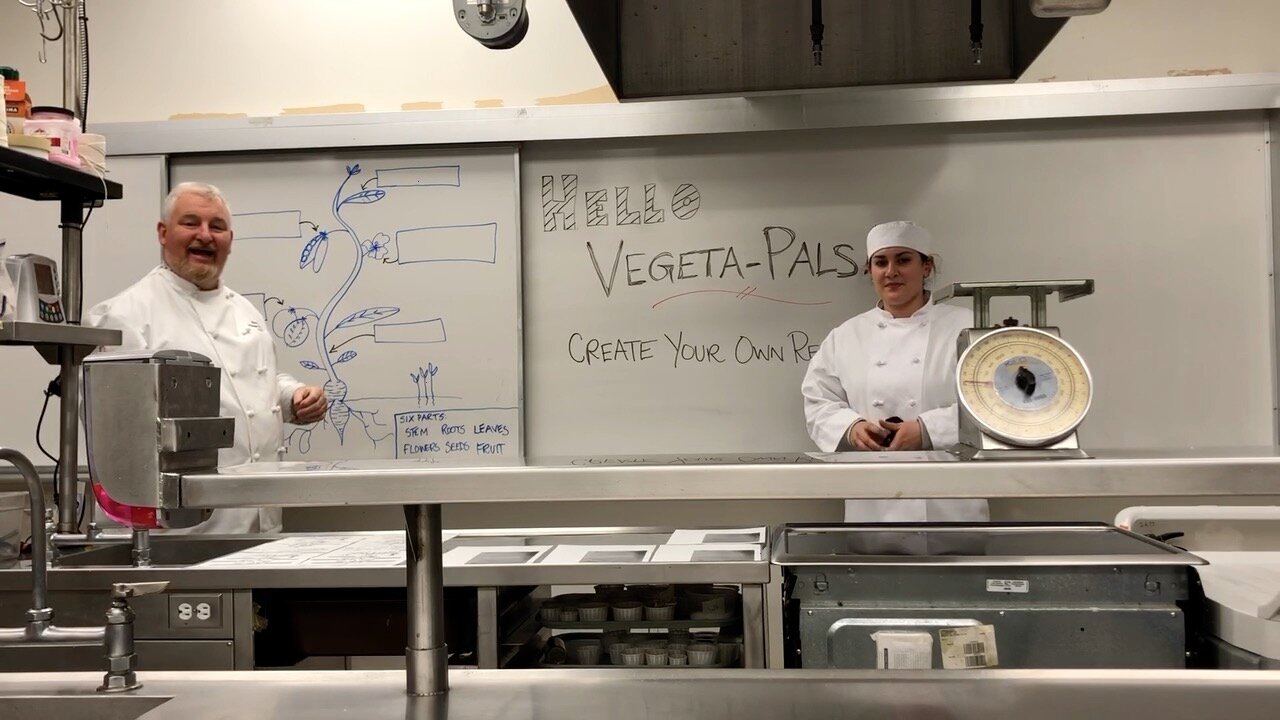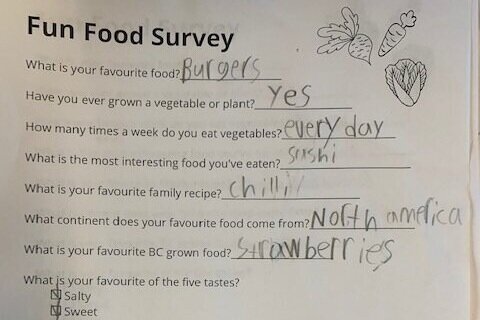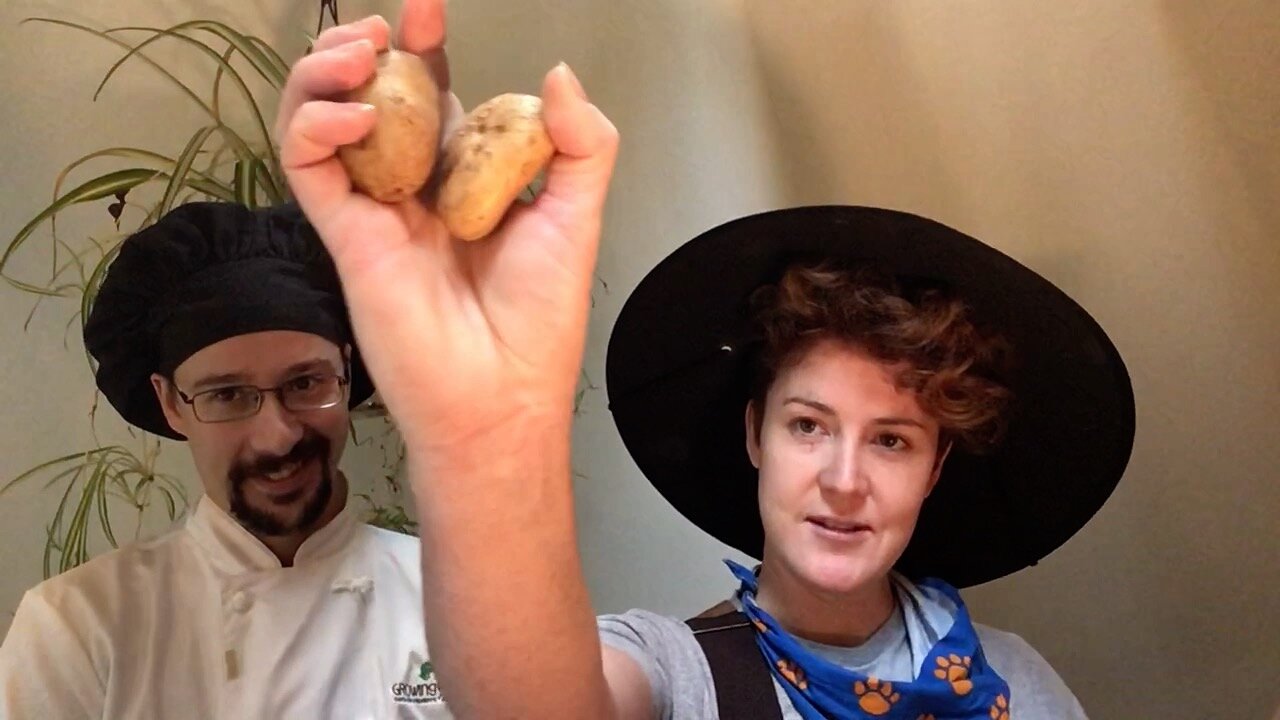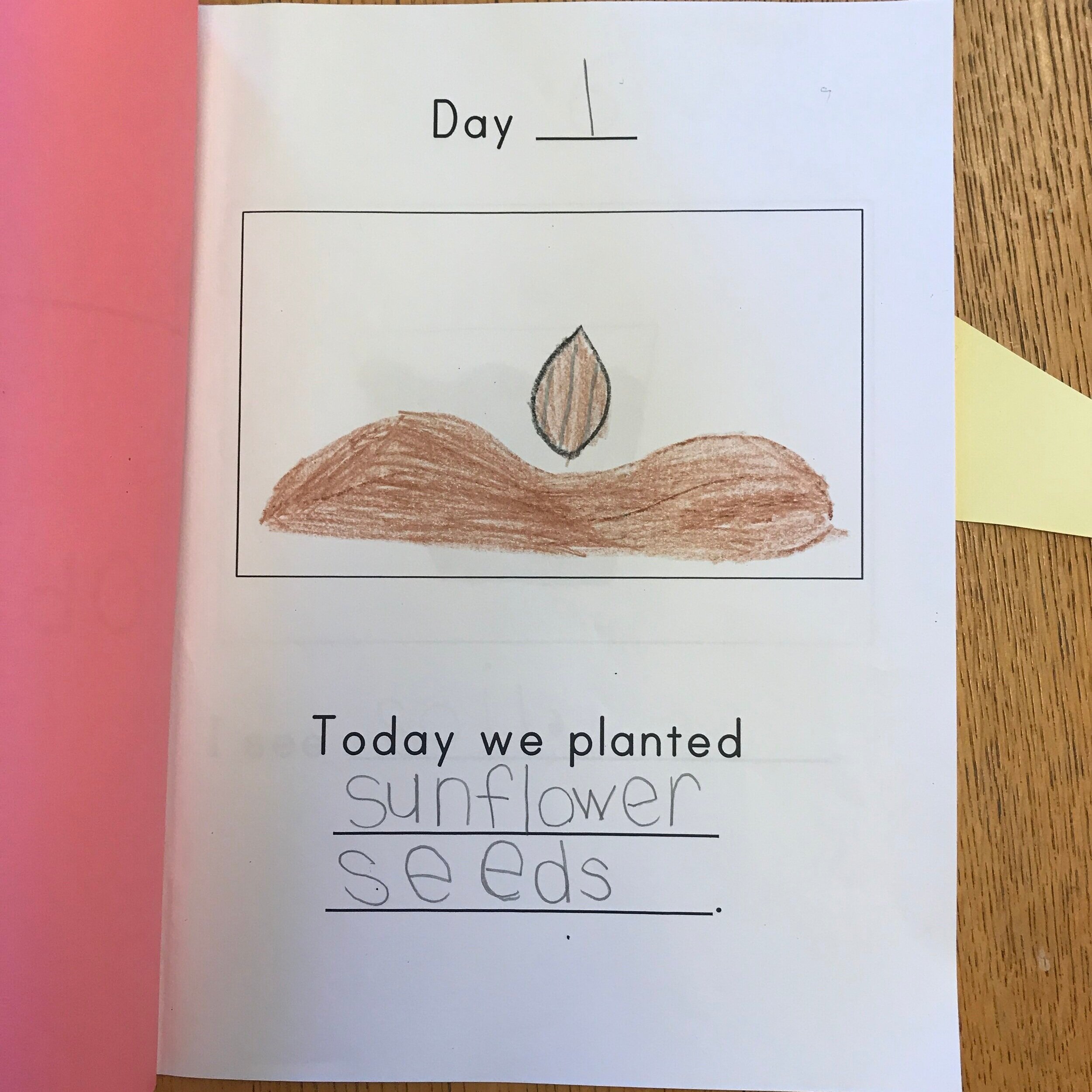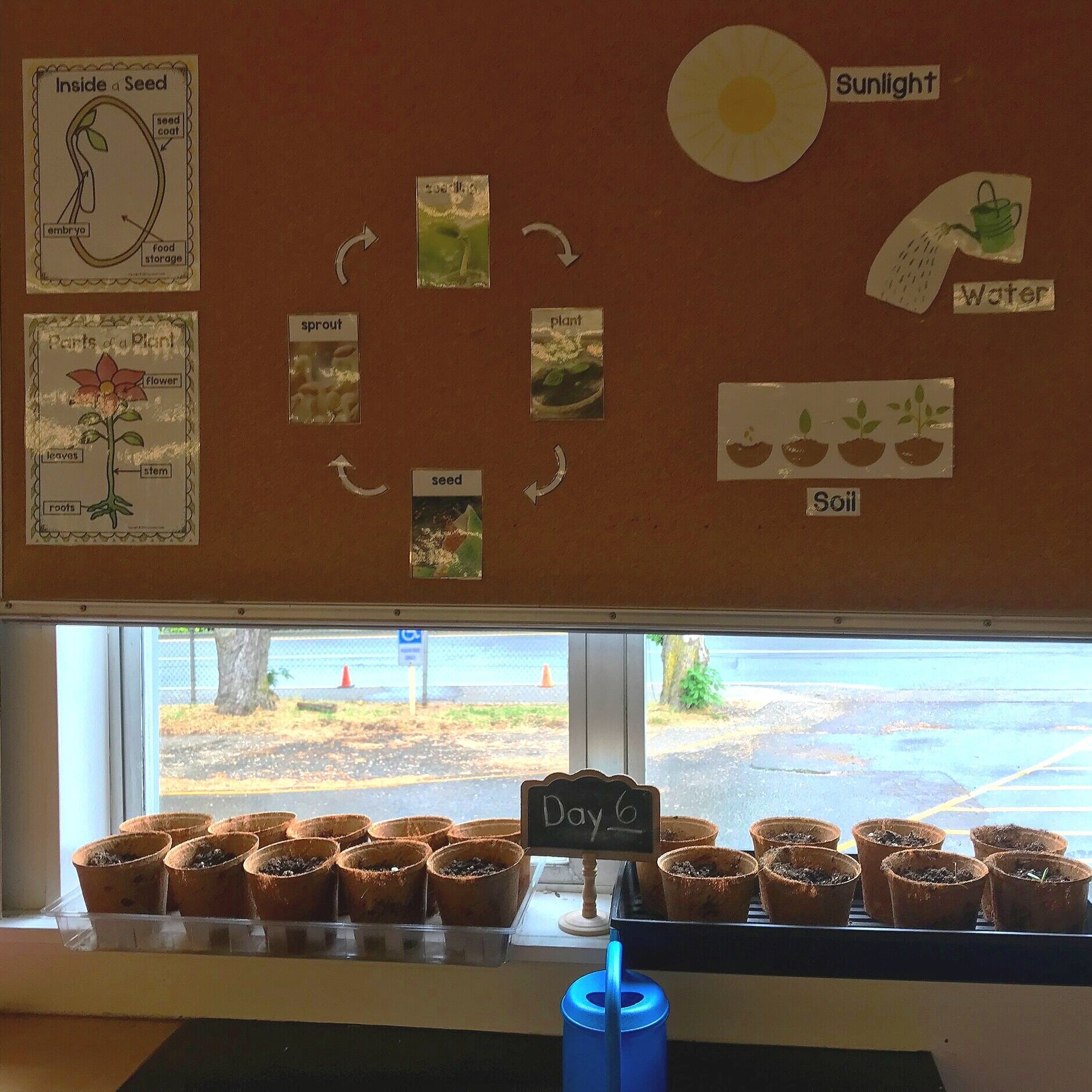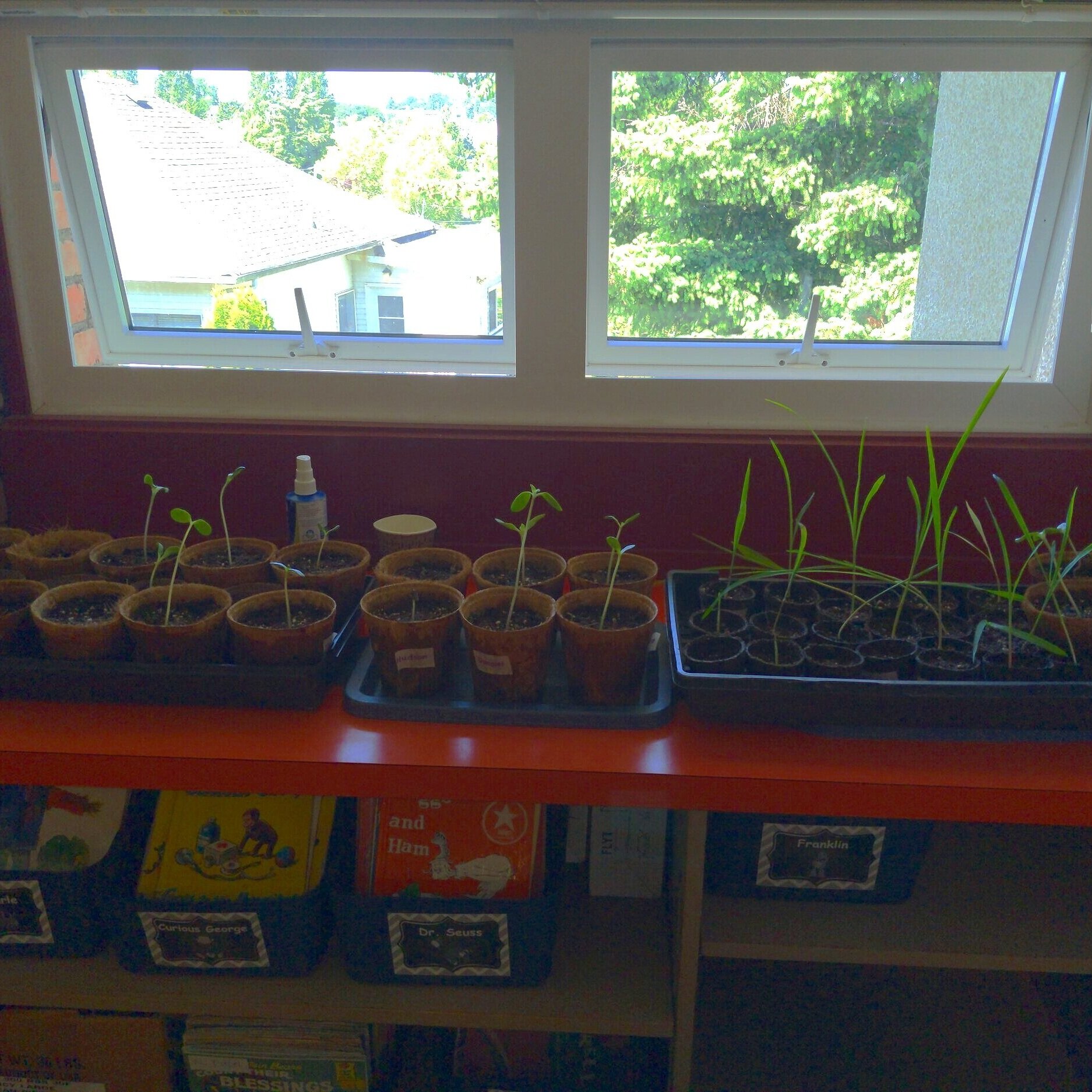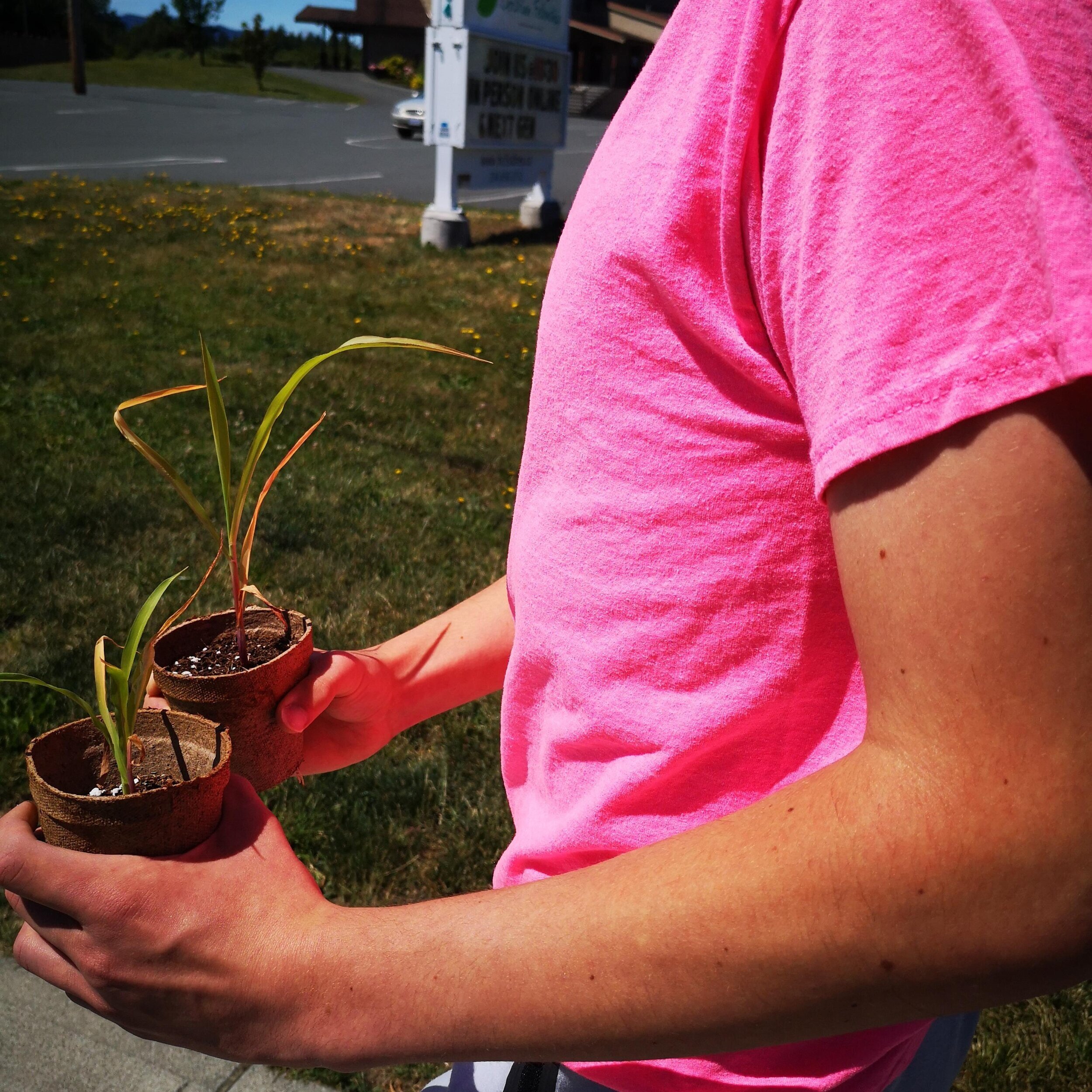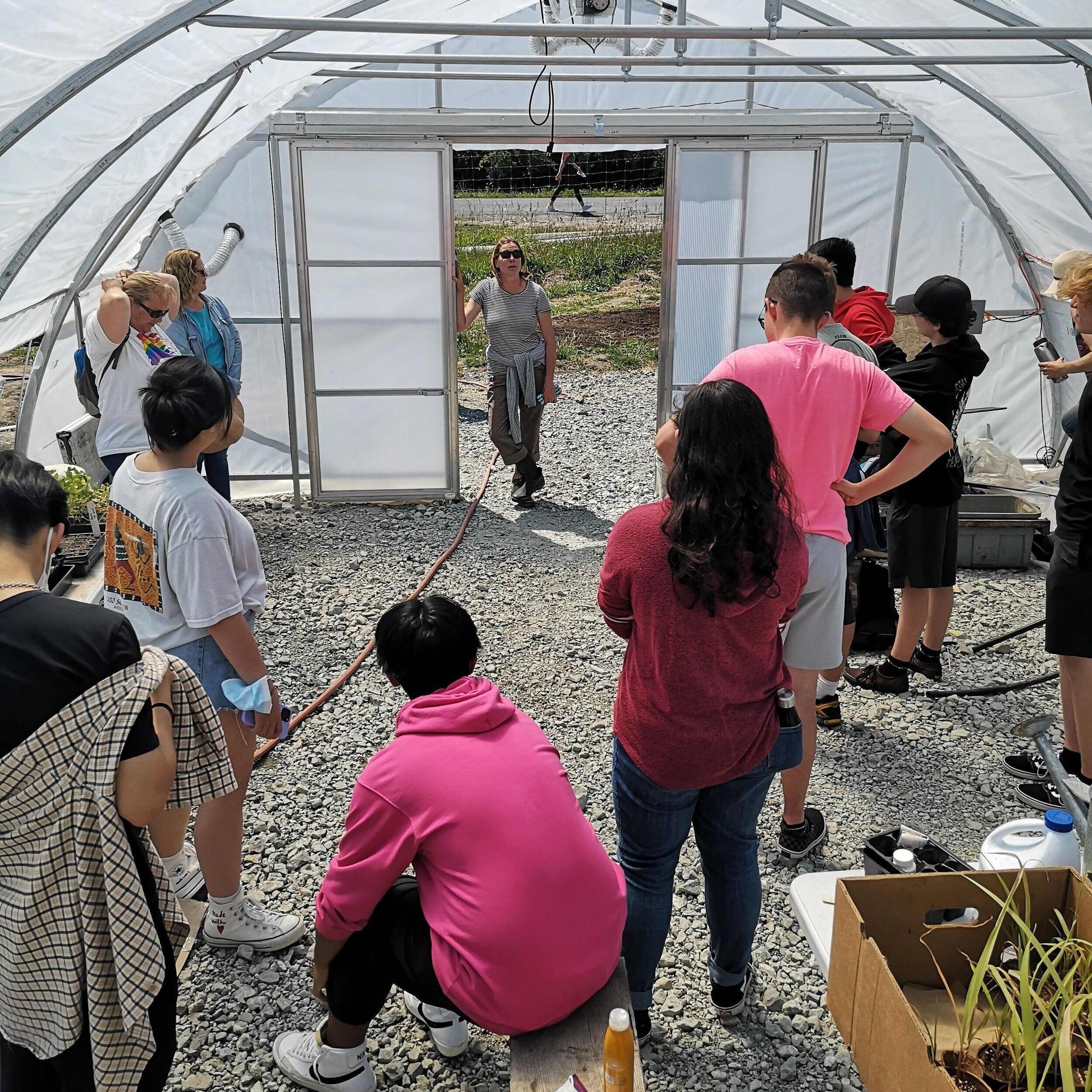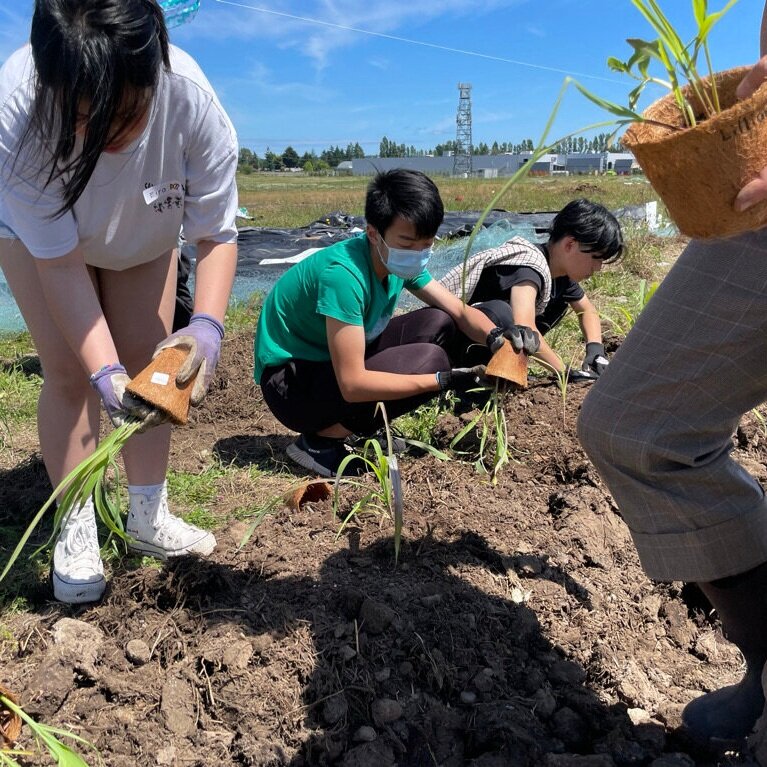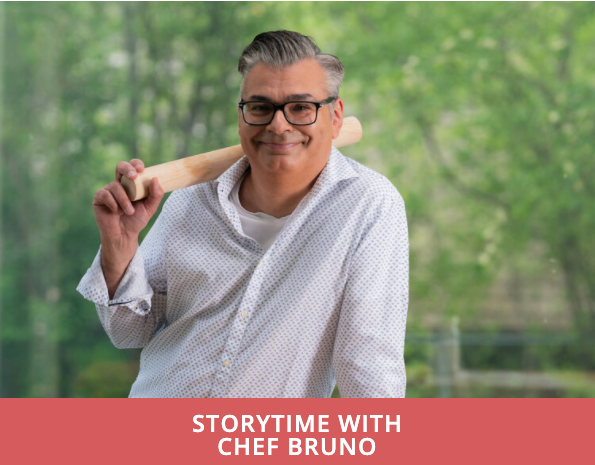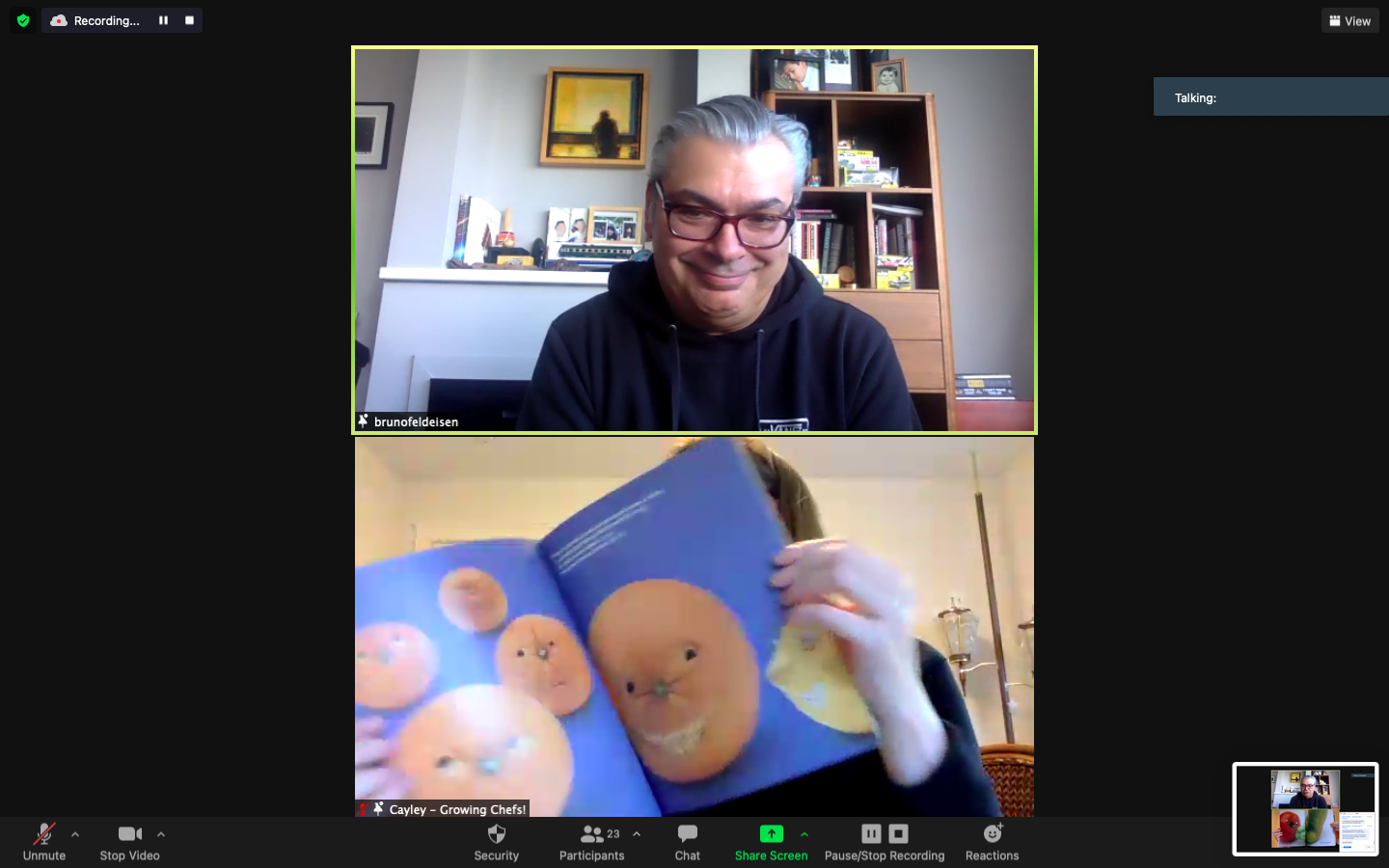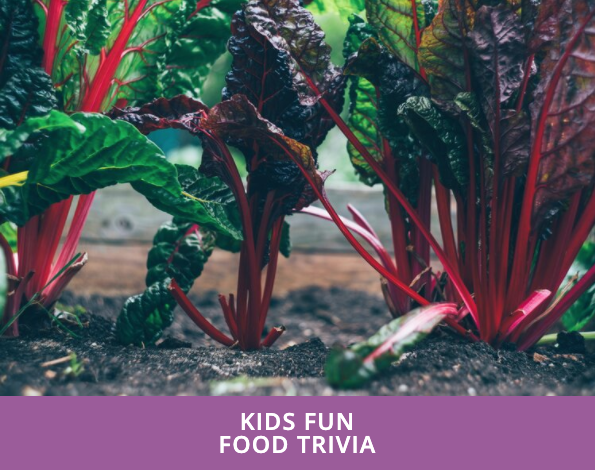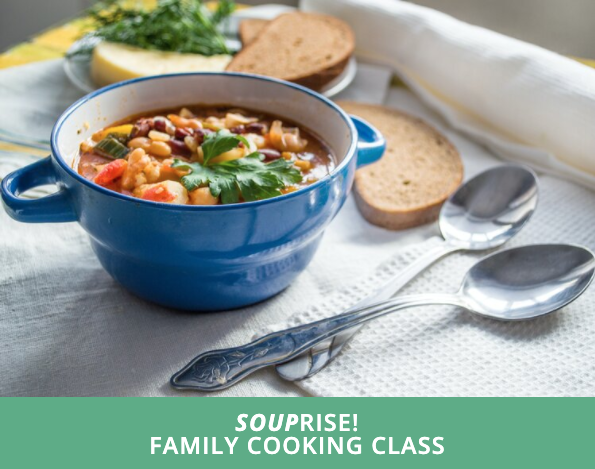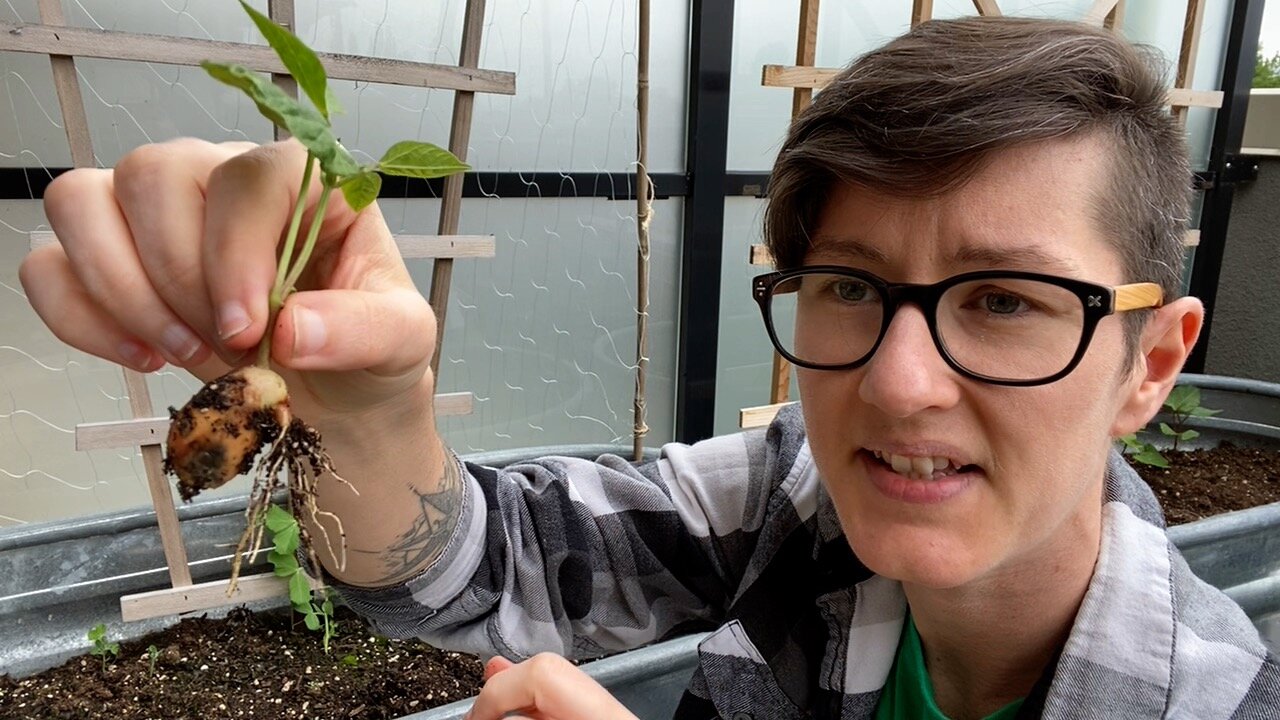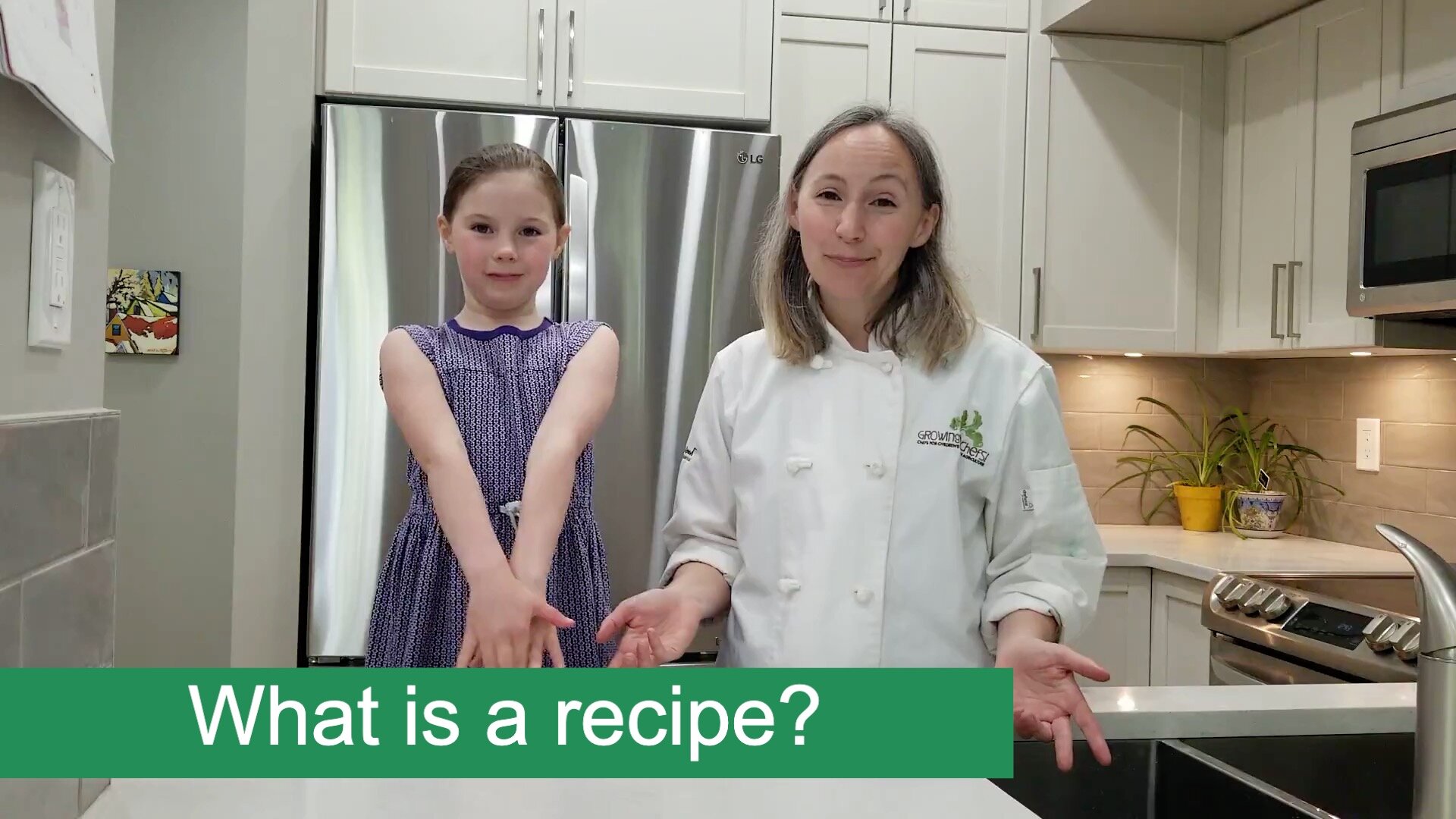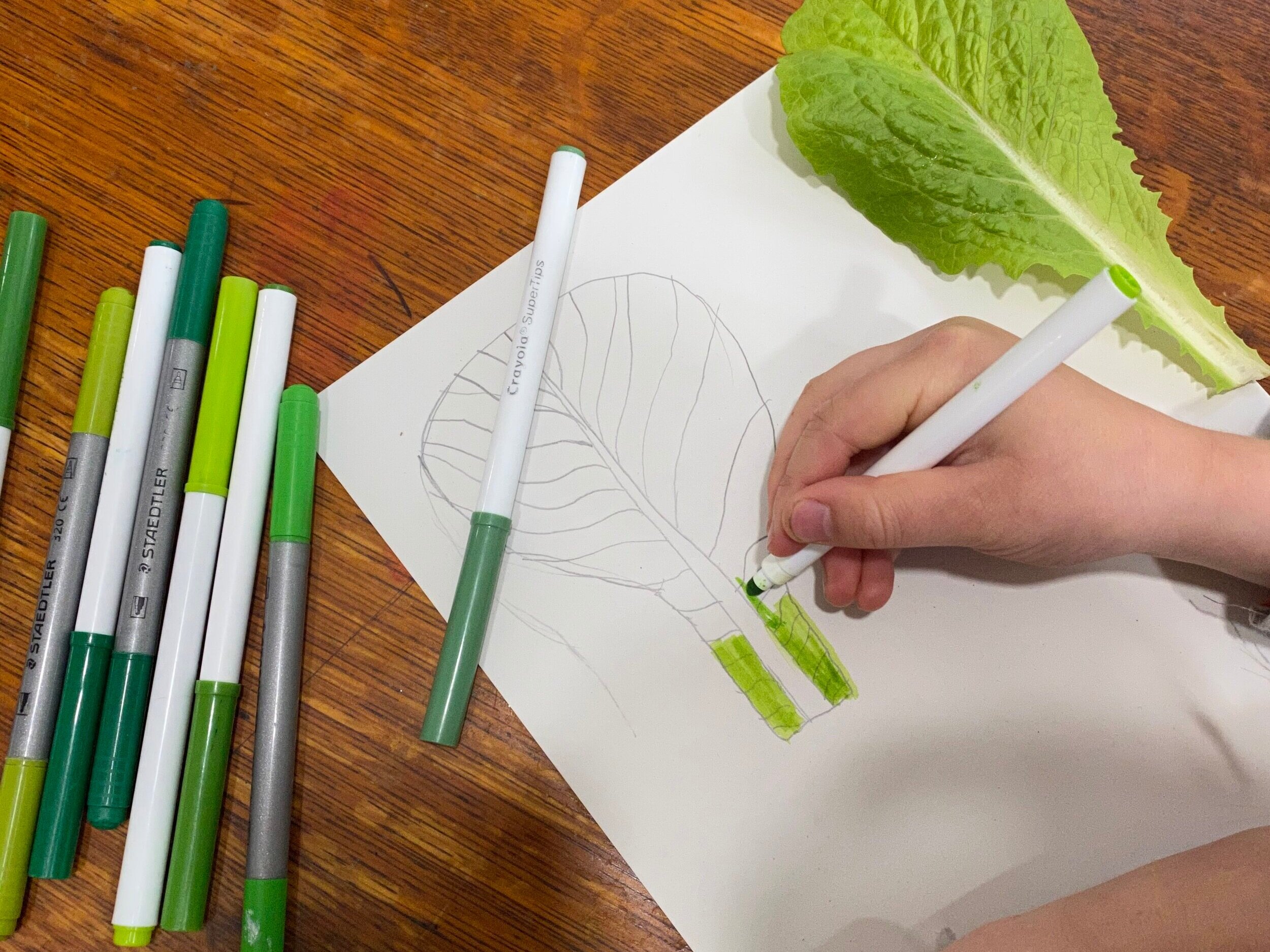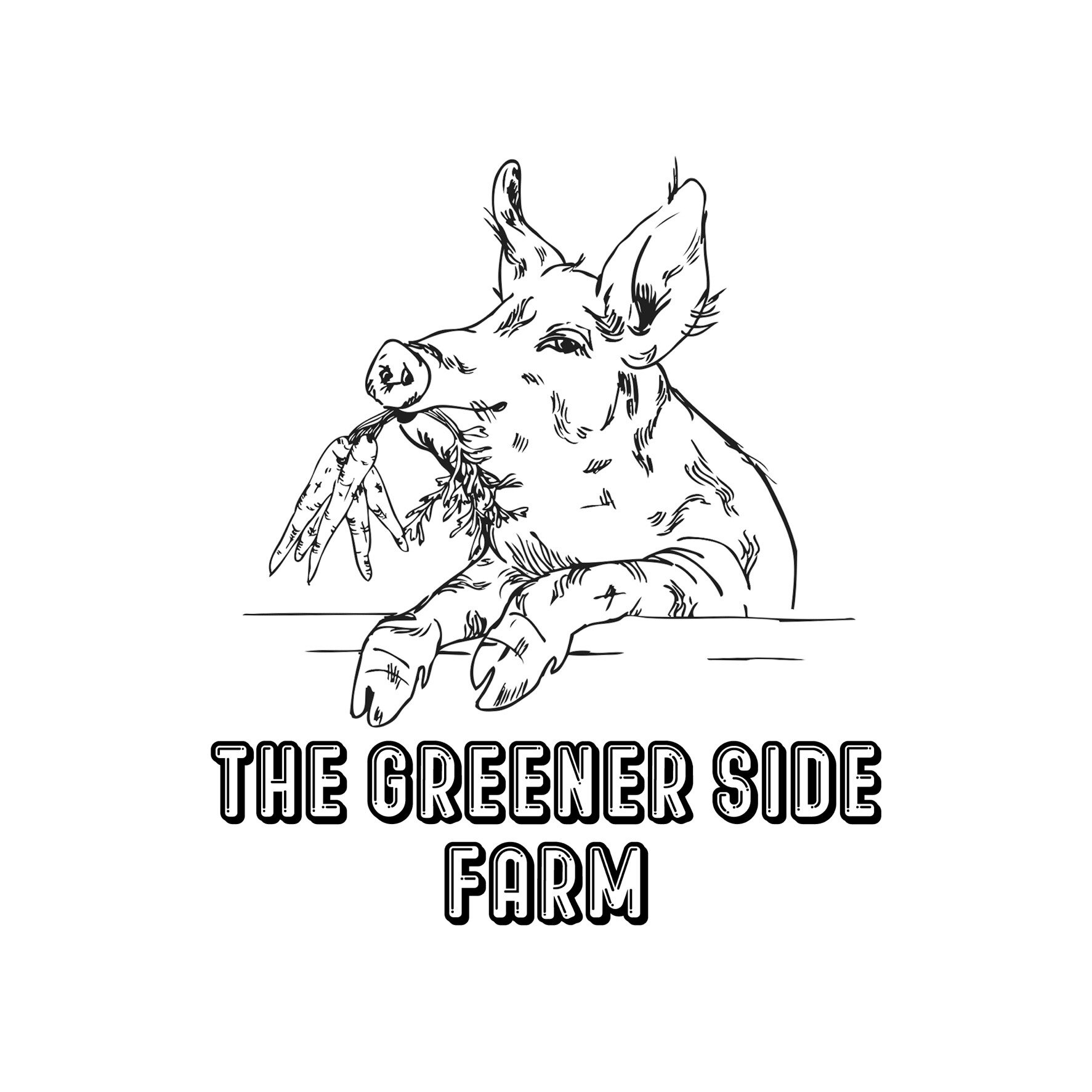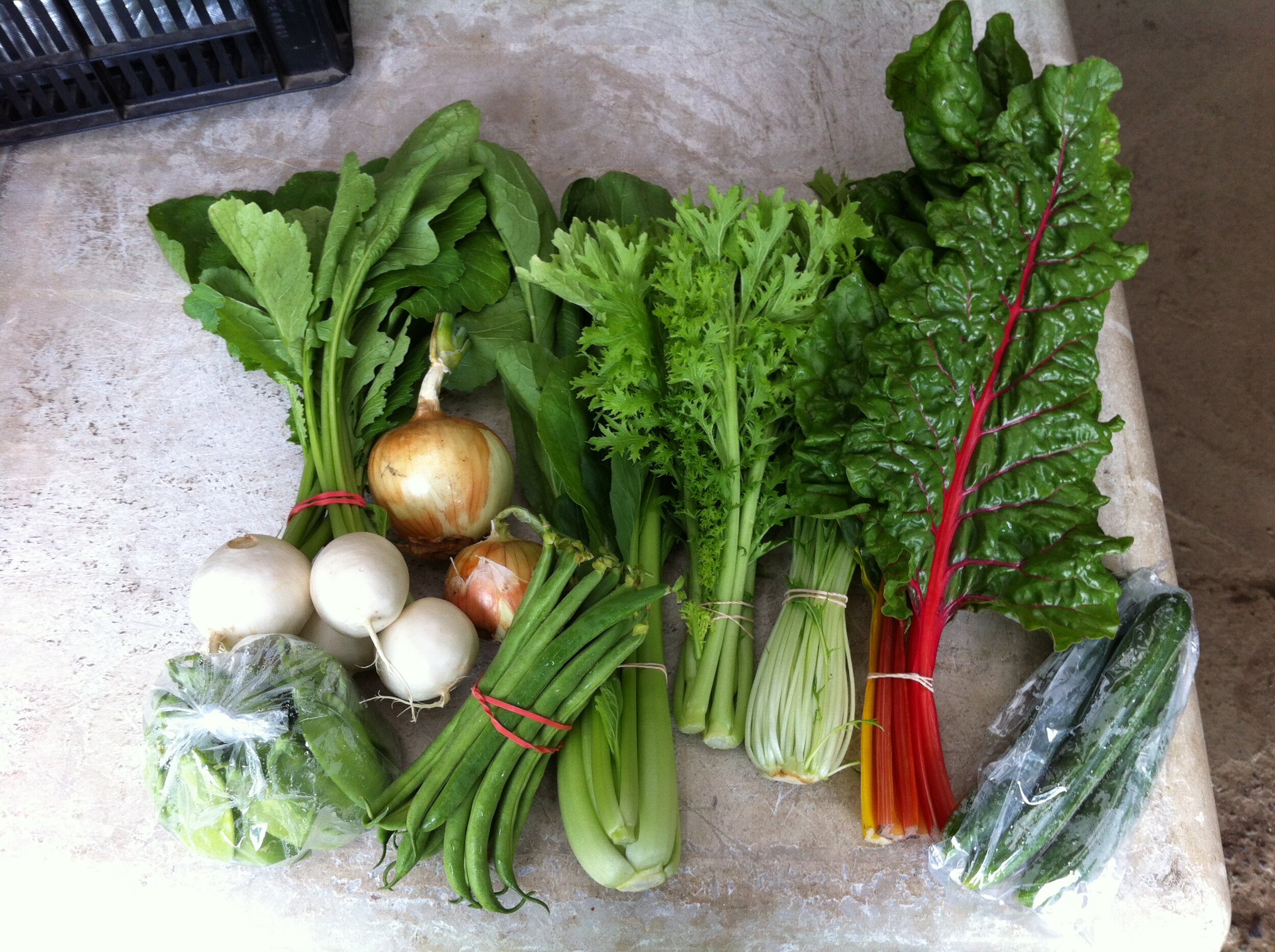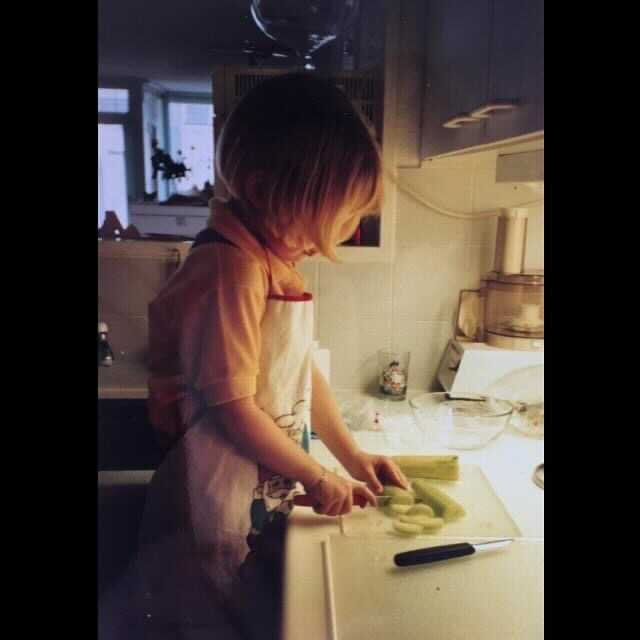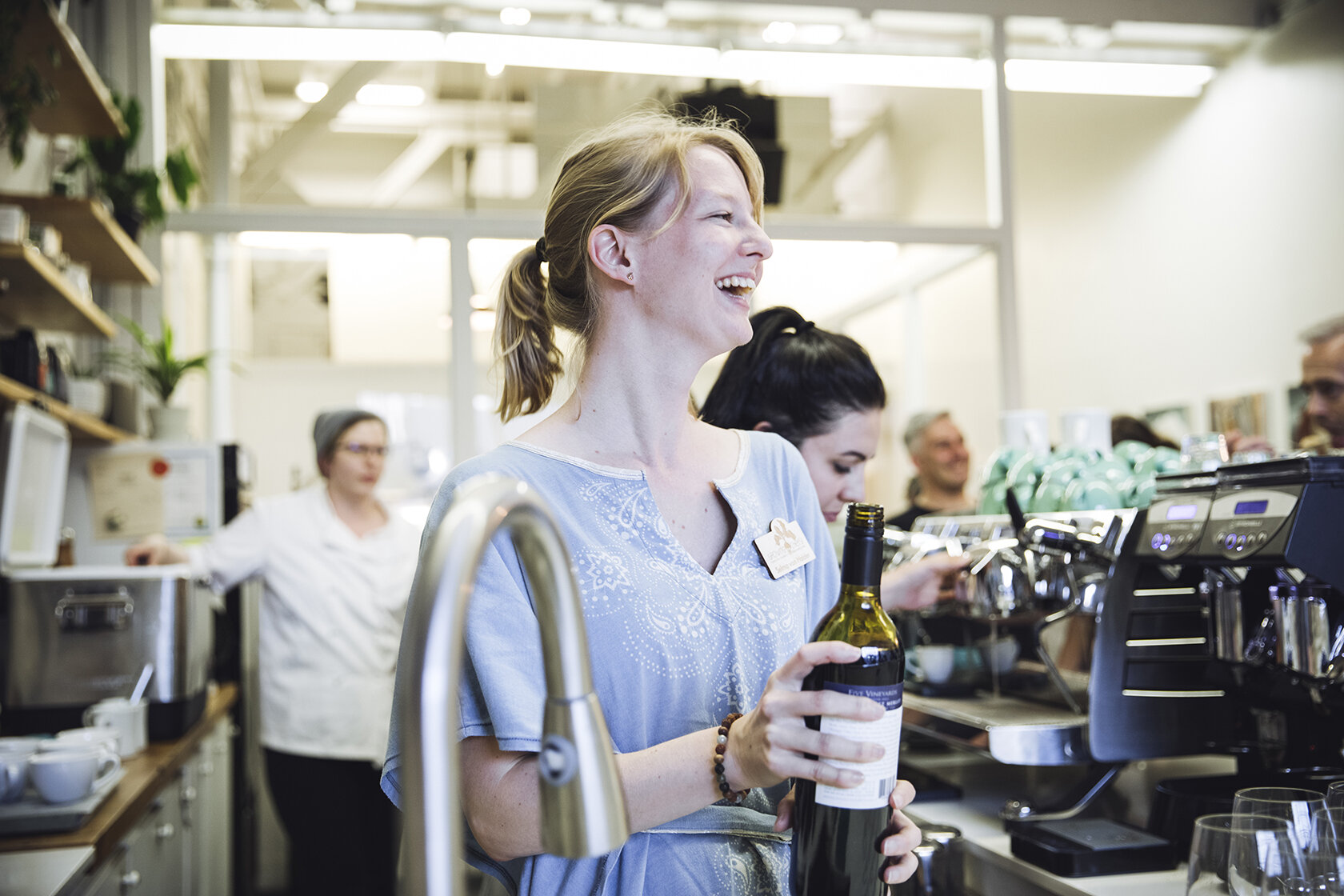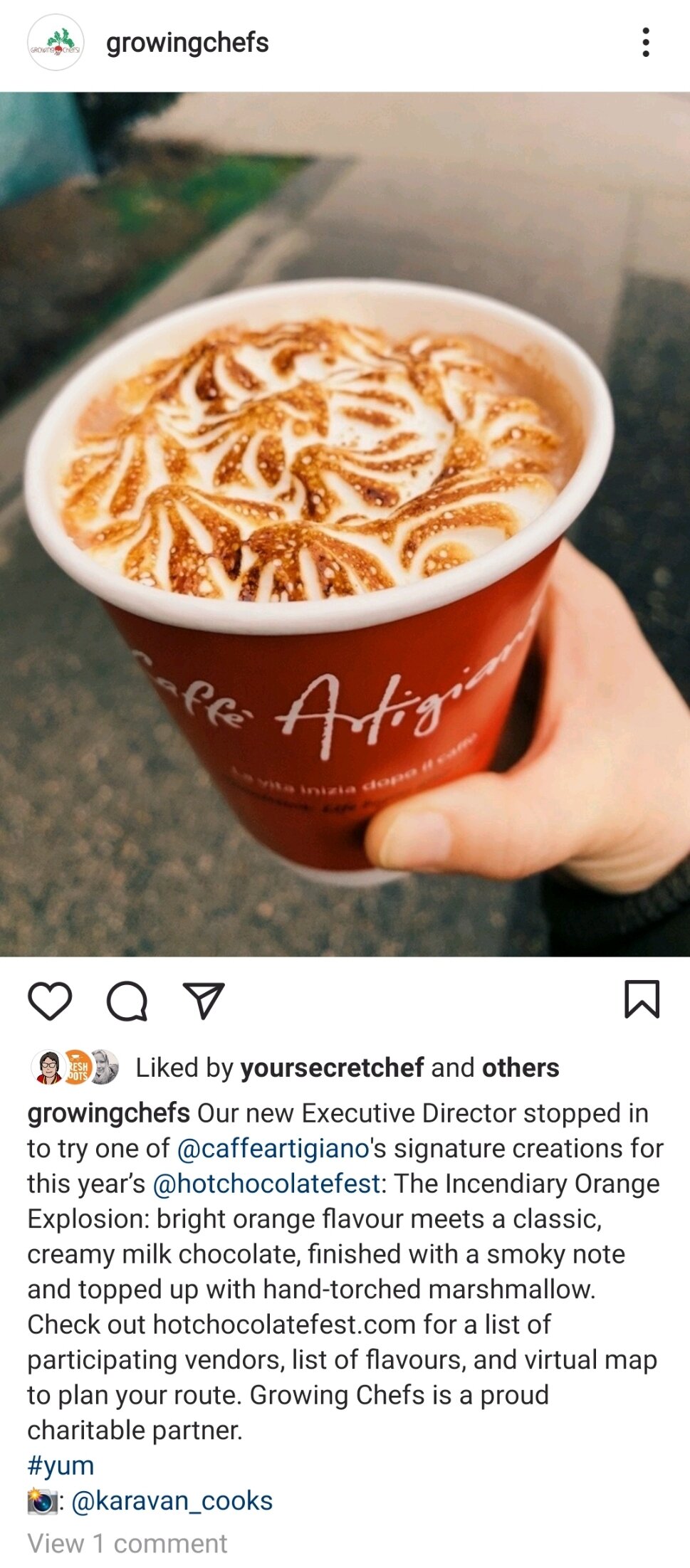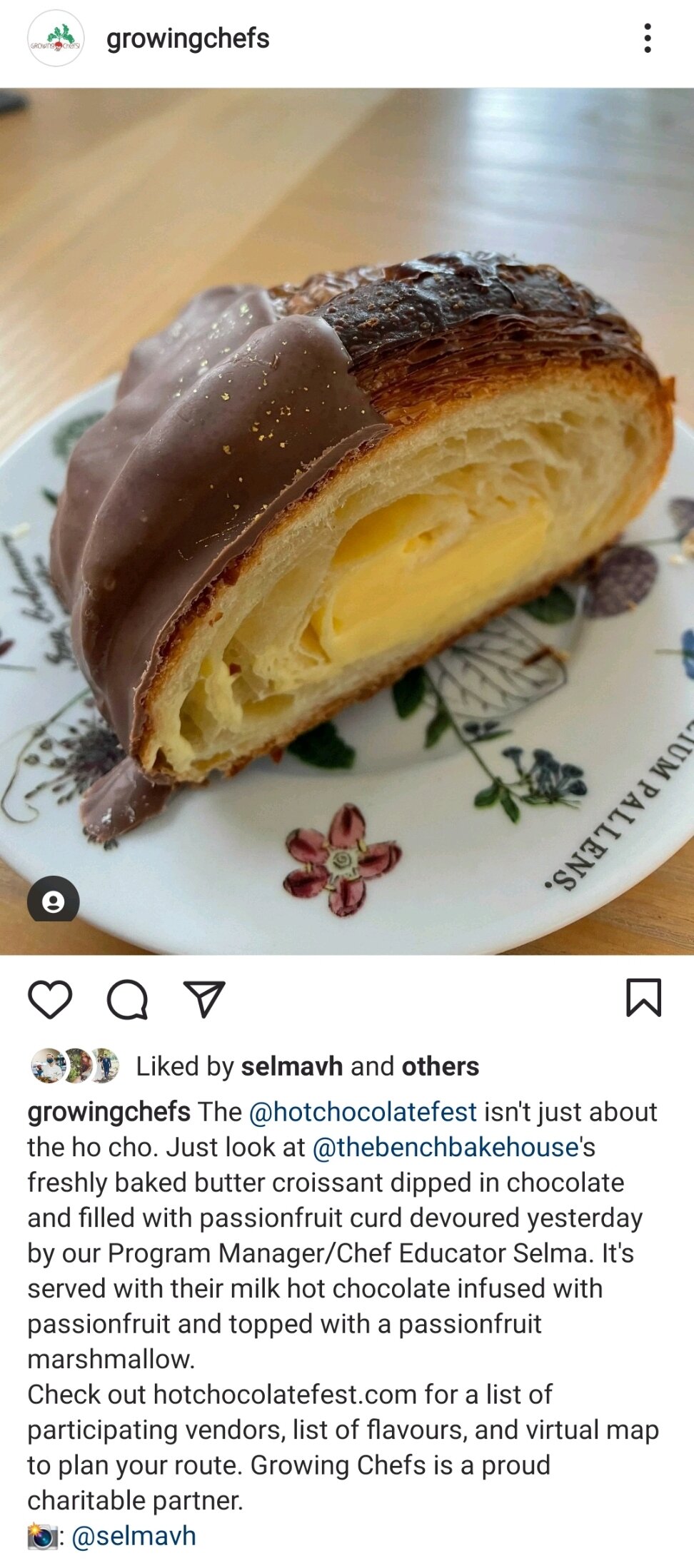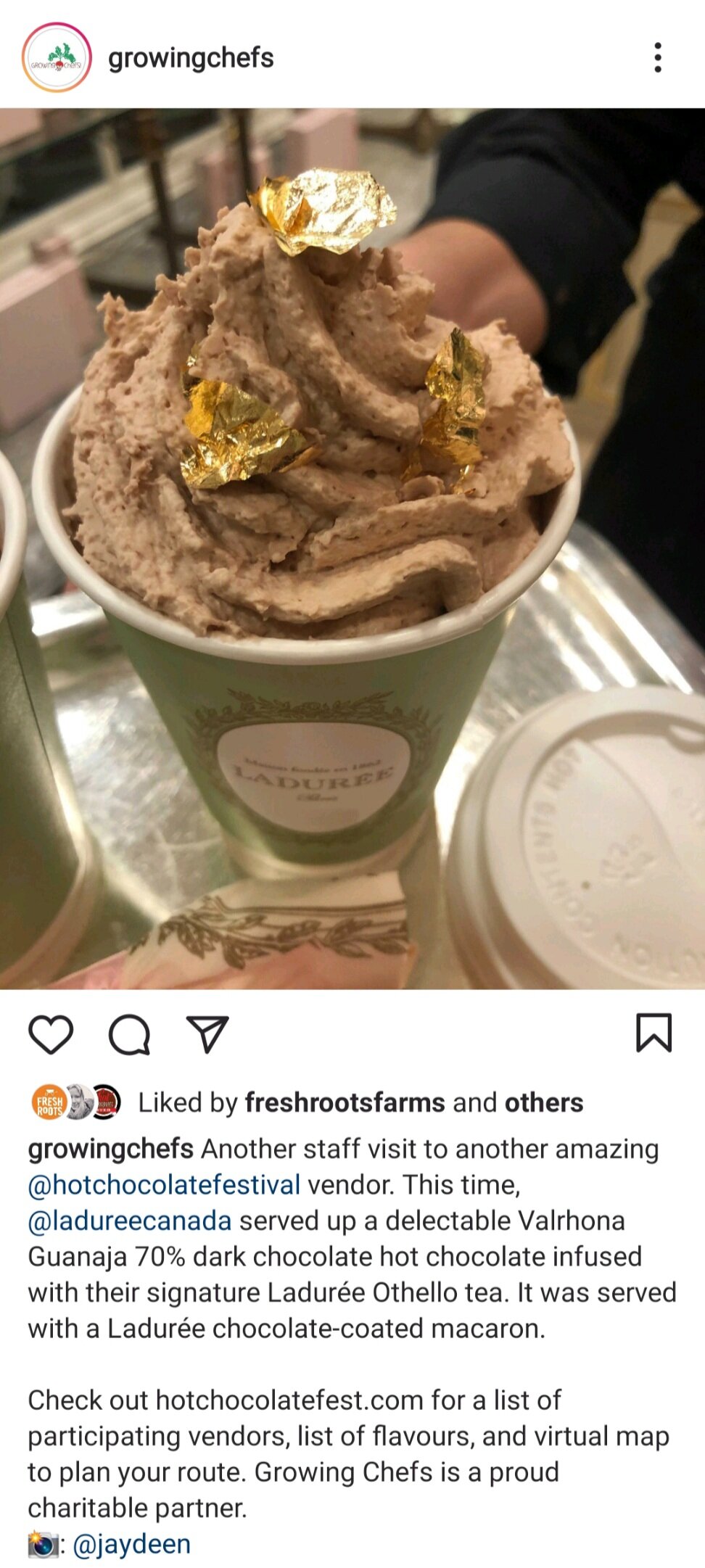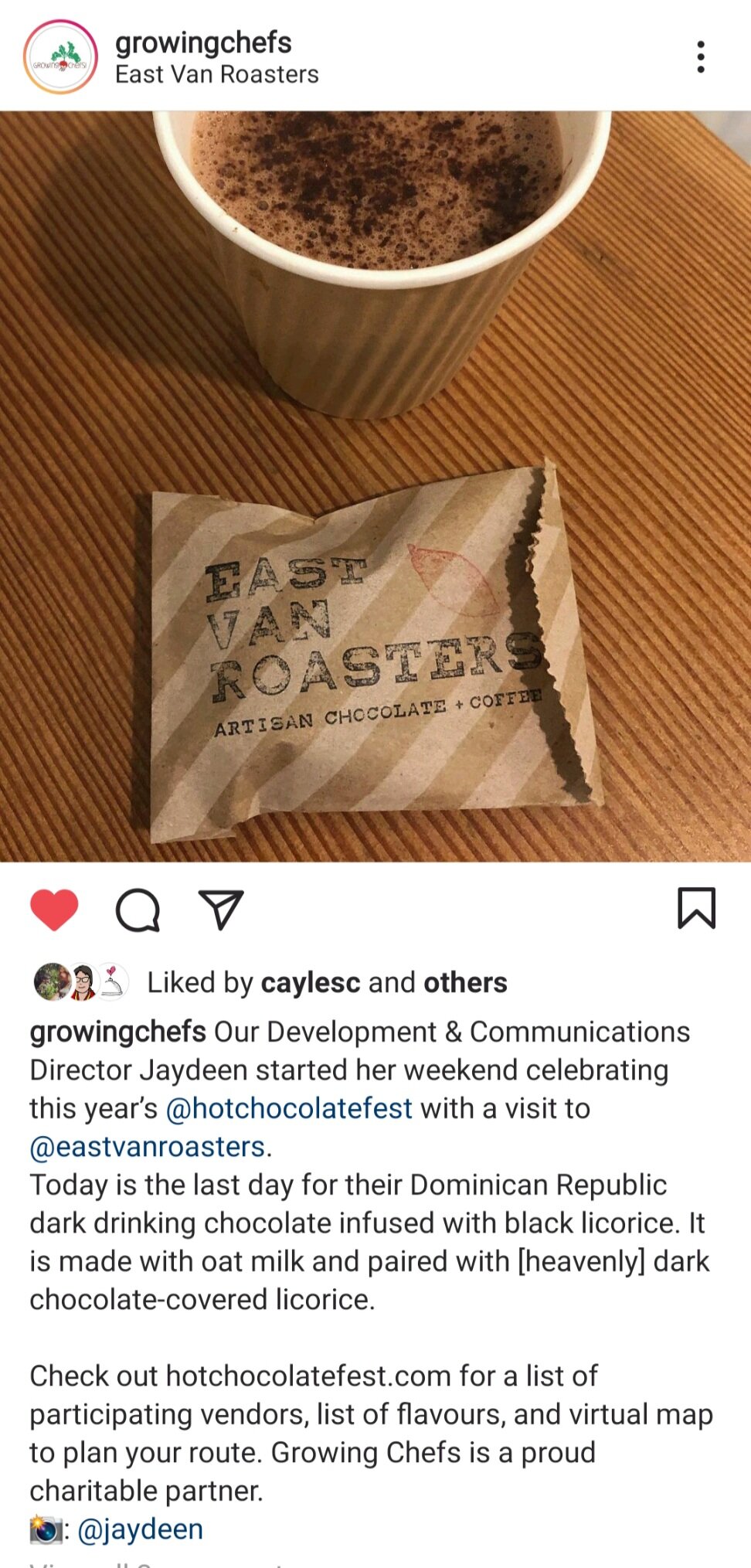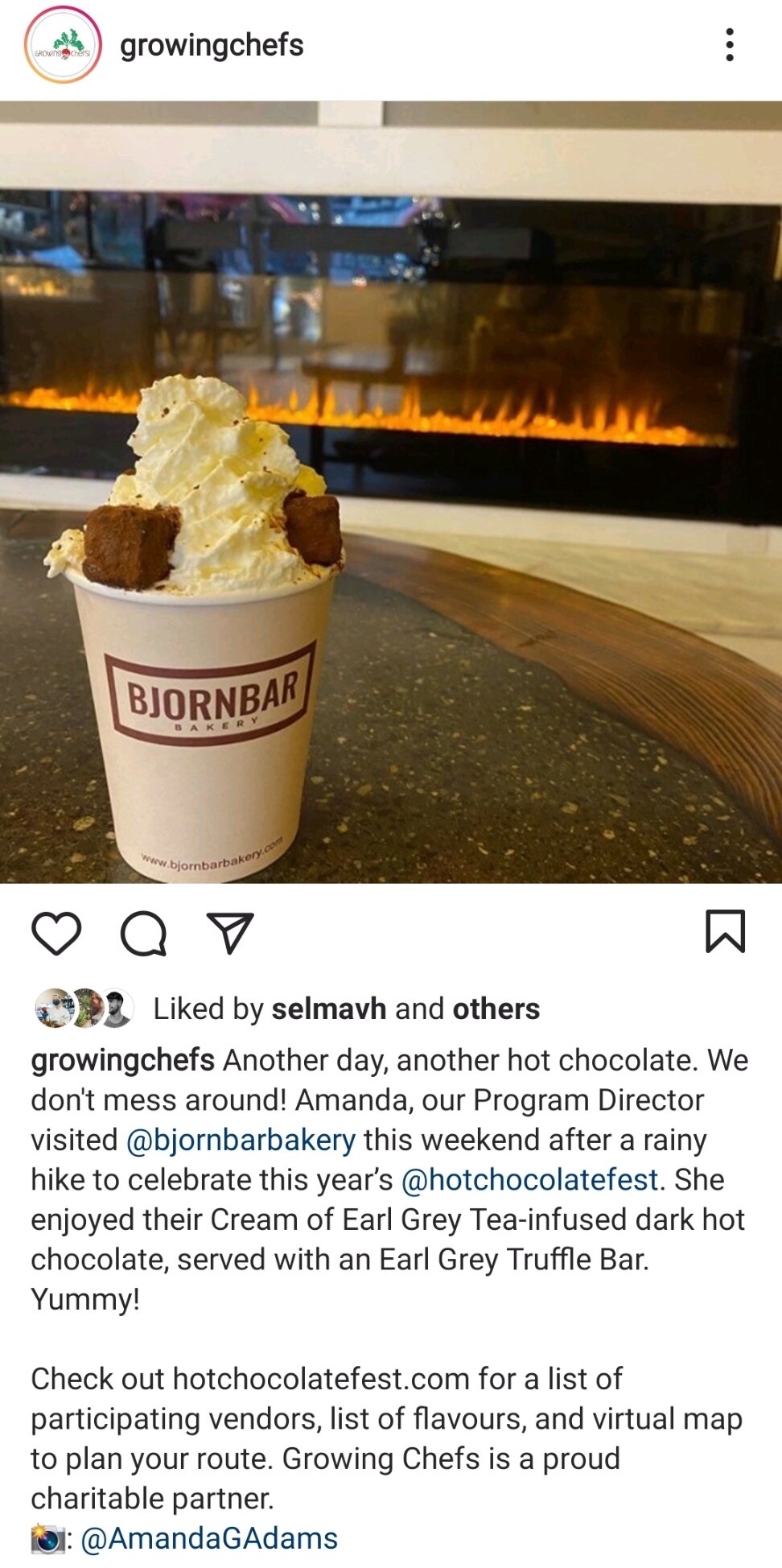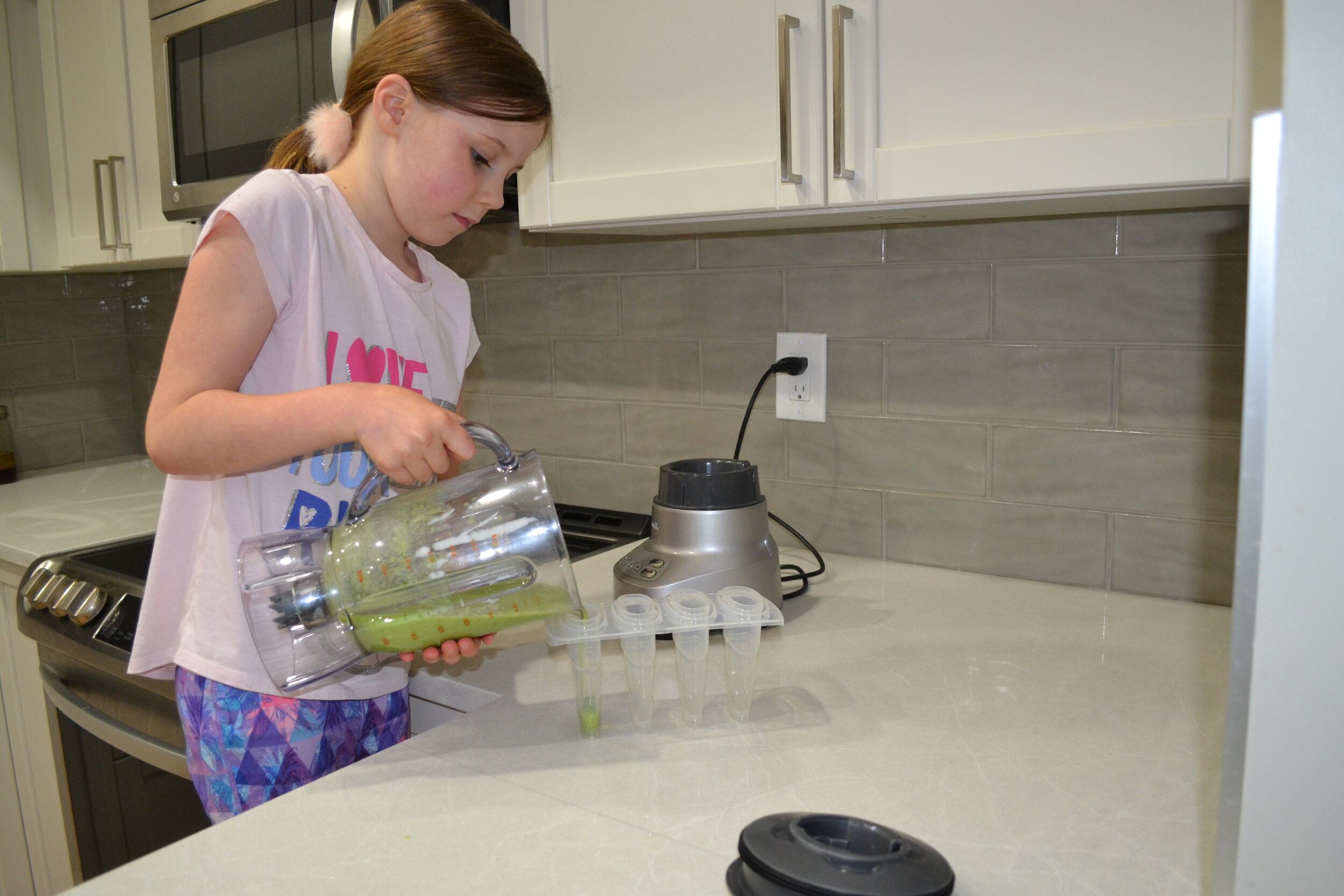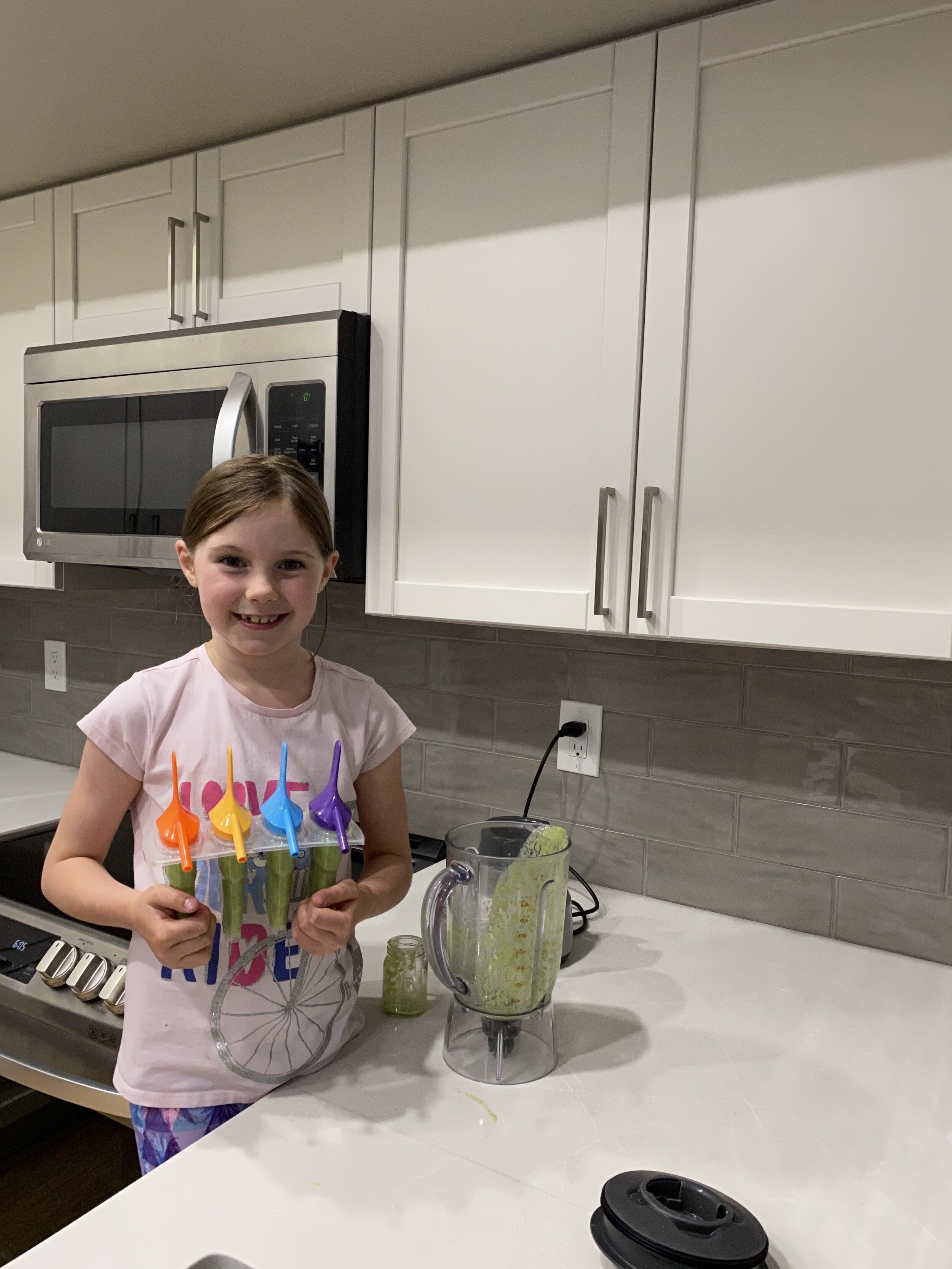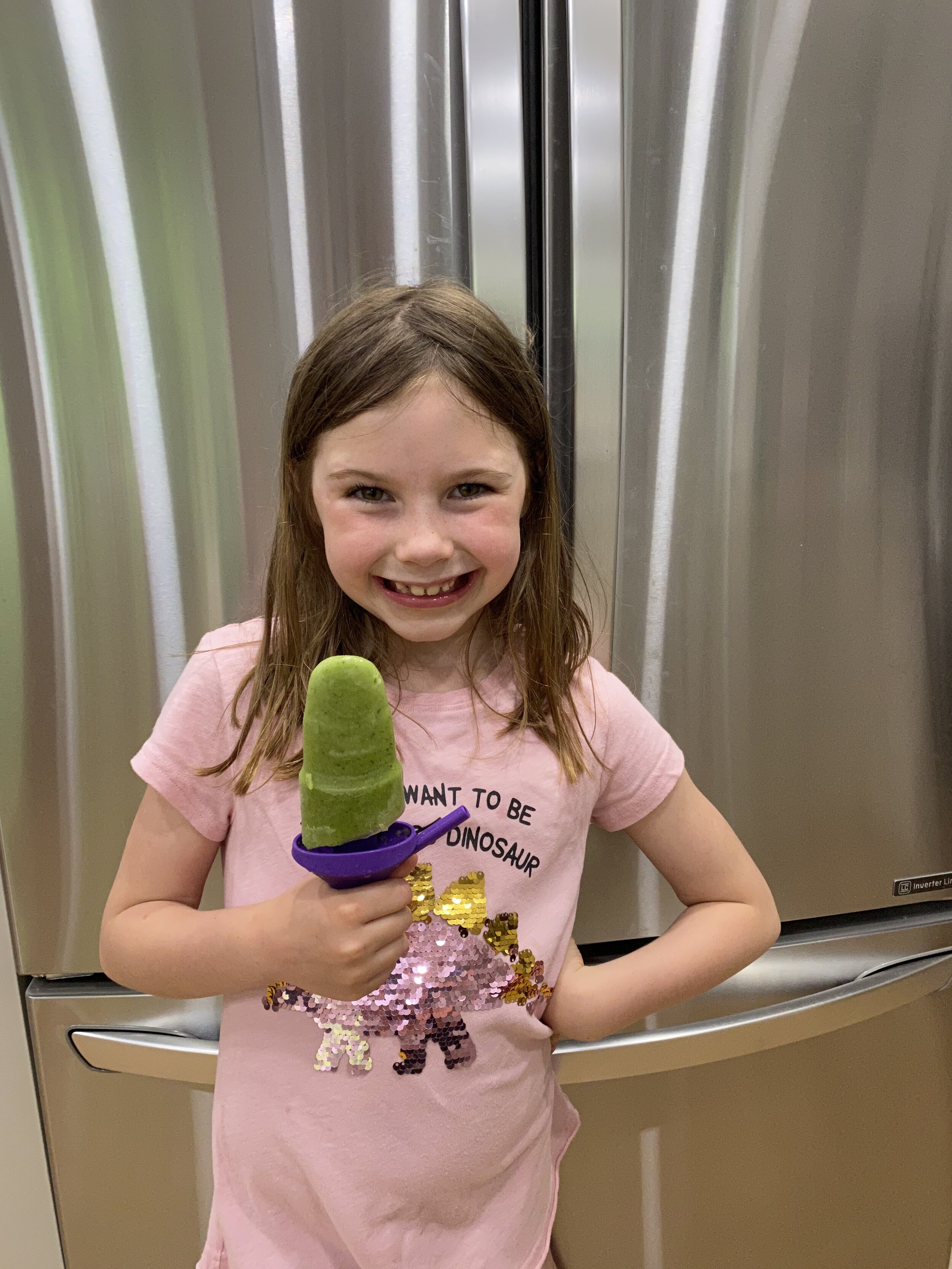2021 has been an exciting year at Growing Chefs! And we want to share with you how our year has gone.
A Note from our New Executive Director
2021 you ask? Well, it was virtually, awesome.
Joining the Growing Chefs team in January had me witness and lead a fully virtual organization and programming. It was unimaginable, yet incredible. We definitely had some challenges, but we remained positive, full of energy, and led a transformation into the online learning community. As my team says, “we didn’t miss a beet”. I am proud to say that this year, the Growing Chefs team had the best recipe for success around. An extremely talented, passionate, efficient team of staff, with the addition of a dedicated volunteer board of directors, and a set of valuable volunteers and advisors all helped propel us along.
Together, we carried out our mission as though nothing changed in our world, yet, the world has been dramatically changed from what we know it to be. We also have the best donors around who are generous, engaged, and most importantly, mission-aligned.
I reflect on this year, seeing that we accomplished not only a new face and audience to our programming, we developed a solid new strategic plan to continue to strive forward over the next three years.
I’m looking forward to 2022, to witness yet again, our small, big-hearted, yet mighty organization continue to creatively and meaningfully help B.C. children build connections to their food, the earth, local food systems, and with one another.
-Kara-Leigh Bloch
Program Year Review
Virtual Field Trips
Being outside of the classroom doesn’t mean the learning has to stop! This year, Growing Chefs created virtual field trips with four wonderful community partners. From the comfort of home or from within their classrooms, students were able to visit fascinating venues and engage with local food professionals to enrich their learning about our local food systems. Teachers can choose from the following options:
Learn about urban farming from Fresh Roots Farms;
Understand how maple syrup is made by virtually visiting Cheakamus Centre;
Visit the Sandown Centre to explore regenerative agriculture;
Find out how ice cream gets made at Earnest Ice Cream
We will continue to offer virtual field trips in the new year. If you’re a teacher (or know of one) who would like to host a virtual field trip, sign up here!
Victoria
Although we have not been able to return to in-classroom programming with volunteers in Victoria, we were able to offer an adaptive, distanced food literacy program. This spring, Growing Chefs partnered with Sandown Centre for Regenerative Agriculture for a new way to get elementary school classrooms growing. Our new Seedlings for Sandown project meant kids getting their hands in the soil, planting seeds and sharing in the joy of the growing season, while learning about how food is grown and engaging with their community in a healthy way. This exciting new project saw 230 elementary school students from 12 classrooms helping to plant and grow 250+ seedlings. These seedlings were then transplanted by a group of students from Parkland Secondary where they grew to maturity at the Sandown Centre’s regenerative agriculture site - helping to break ground, regenerate the soil, and brighten this new community space. We love the amazing work being done at Sandown, and wanted to share it with the rest of our community. This partnership led us to create a virtual field trip so children on and off the island can learn more about regenerative agriculture at Sandown.
Return to the Classroom
Our team worked hard over the summer to make sure that part of our programming could return to the classroom this fall. We rewrote our curriculum to fit the time and the circumstance, and did our first ever set of virtual volunteer orientations. We are very thankful to have been able to deliver a small pilot program this fall, in person, in 8 classrooms in metro-Vancouver. A small crew of dedicated volunteers and eight joyful grade 4-7 classrooms went through this new four week program with us. Students learned how to make pickles, how best to wash your hands, and discussed the factors that influence our food choices. They even went on a virtual field trip! Even during these times, we’ve found ways to bring our innovative and signature hands-on food systems learning to students in classrooms.
We will be delivering COVID-adjusted in-classroom programming in spring 2022 as well! Please let us know here if you are interested in volunteering with us.
LunchLab
This fall Growing Chefs and Fresh Roots were able to restart our LunchLAB program at Total Education, serving delicious and nutritious chef and student prepared meals to students and staff. LunchLAB changes the narrative about lunch. Learning with their teacher and a chef-in-residence, student chefs help create the menu, make it, and serve it to their peers. It is an exercise in learning and sharing. And it’s delicious.
Fundraising and Development Year Review
Champion Radish Club
Growing Chefs started 2021 with 82 generous monthly donors and an ambitious goal to end the year with 100. We launched the #BeeSweet campaign on Valentine’s Day and before March 31st, we knocked that goal out of the park! Now, we have more than 100 monthly donors who donate over $30,000 per year!
Members of the Champion Radish Club receive special Growing Chefs perks like promo codes for ticketed events, entries into prize draws, and an invitation to an annual event, just for monthly donors. This year, Chefs Shobna Kannusamy and Bruno Feldeisen hosted a virtual cooking class to celebrate everything apple at our event Apple-y Ever After, complete with apples from Klippers Organics and cider from Sea Cider Farm & Ciderhouse!
You too can join the Champion Radish Club at www.growingchefs.ca/donate.
Image by: Kar Harvey, an illustrator and writer who lives on the unceded and ancestral home territories of the Musqueam, Squamish, and Tseil-Waututh people. She is Tsilhqot’in and Syilx and grew up on territories of the Semiahmoo and Kwantlen Nations.
From Farms to Forks
The heart of From Farms to Forks has always been about celebrating local chefs, restaurants, food growers, and producers. Now, more than ever, we are reminded of the importance of community, food, and connection which is why despite the pandemic, we chose to celebrate the 12th year of From Farms to Forks!
This year, our From Farms to Forks Food Series in October and November included:
Five virtual events organized and hosted by various members of the Growing Chefs team, featuring some of the province’s greatest growers and culinary personalities
A hand-delivered Culinary Cache for Food Series Pass holders filled with tasty treats, wine and beer, and products celebrating local food producers and businesses.
A Secret Menu to purchase $50 restaurant gift cards
An Online Auction with 85 delicious local packages donated by community members and businesses
A 50/50 Raffle
What a success! Nearly 120 different people participated in the various events, with half of them purchasing Food Series Passes to attend all five events. We were able to provide over $1,500 to local mission-aligned restaurants throughout the series, and our final amount raised from the community was $55,880.
A giant thank you to all of our chefs, farmers, donors, supporters, and sponsors.
Silver Thyme Sponsors:
Mission Hill Family Estate
Bronze Fennel Sponsors
House of Knives
Il Centro - Italian Cultural Centre
Modo
Whole Foods Market
Media Sponsors
Mavreen David Photography
Edible Vancouver & Wine Country
Fiodesigns
J. Josue Photography
Turnip The Heat
On Giving Tuesday, November 30th, we launched our winter fundraising campaign, Turnip the Heat! All donations that we receive through December 31st contribute to our $25,000 campaign goal and support food literacy programming for B.C. kids this 2021/2022 school year.
DOUBLE THE SPICE! Three generous donors: Peter Blitz, Ryan Fan and Jo Da Conceicao, and The Varshney Family Foundation are matching donations up to $12,500 for this campaign.
This winter, turnip the heat on your generosity and move up the Scoville Scale! Choose what kind of pepper you want to be this year at www.growingchefs.ca/donate.
$5,000+ - Ghost Pepper
$1,000-$4,999 - Habanero Pepper
$500-$999 - Serrano Pepper
$100-$499 - Jalapeño Pepper
Under $100 - Poblano Pepper
Visit www.growingchefs.ca/turniptheheat to see the fundraising thermometer and read a list of our spicy supporters!
We hope you had as exciting of a year as we did! We are looking forward to 2022 and reaching even more kids with our hands-on edible education.







